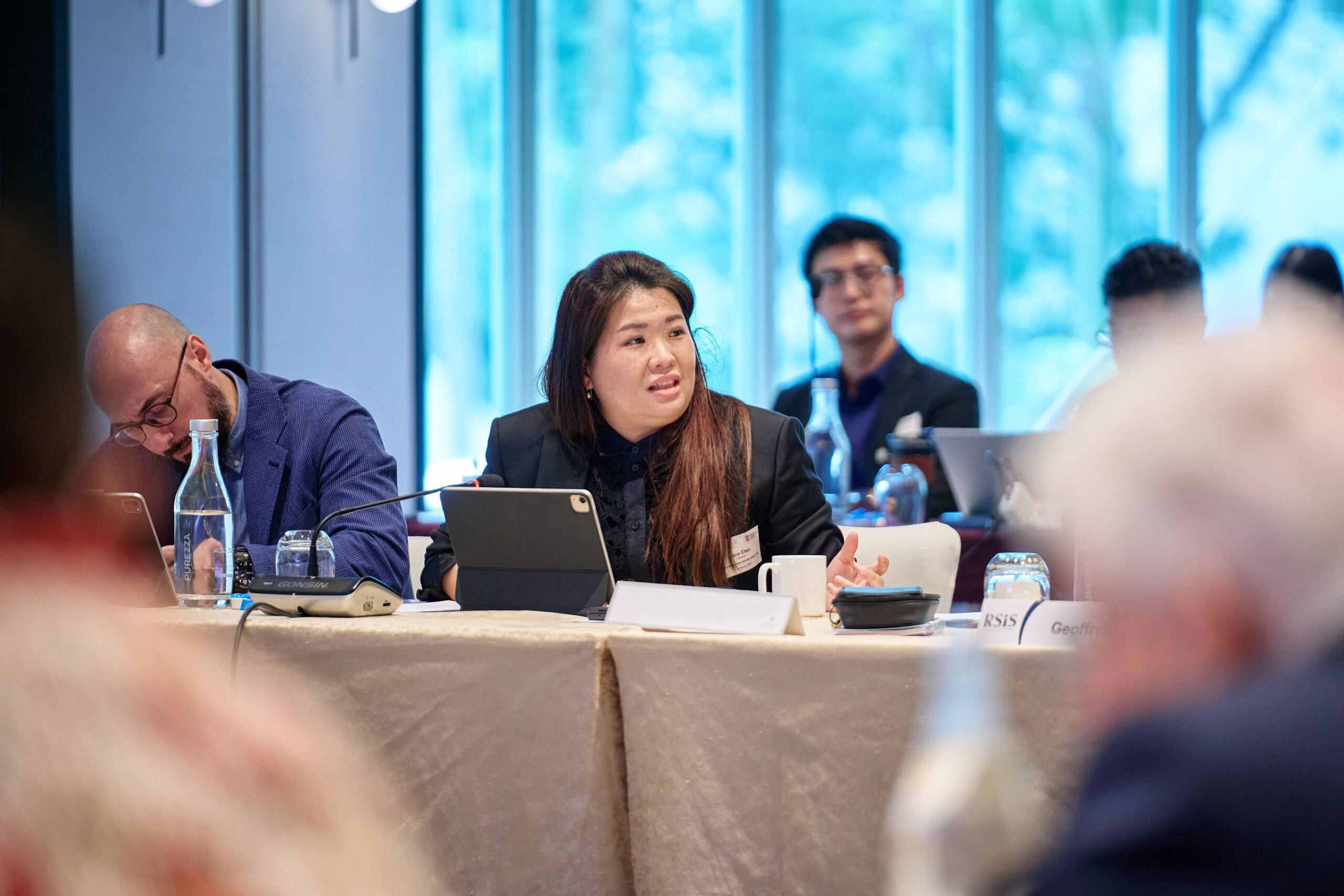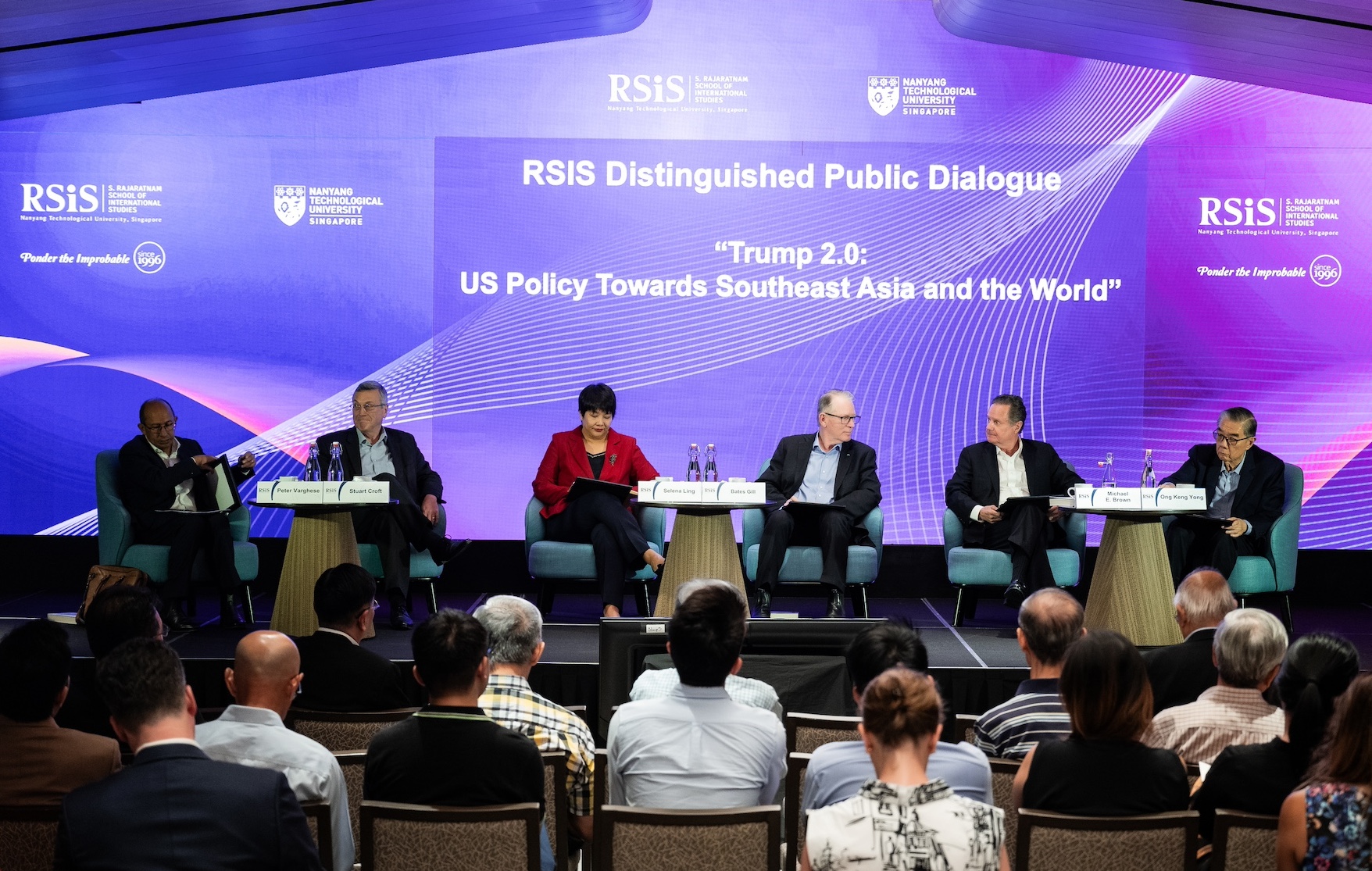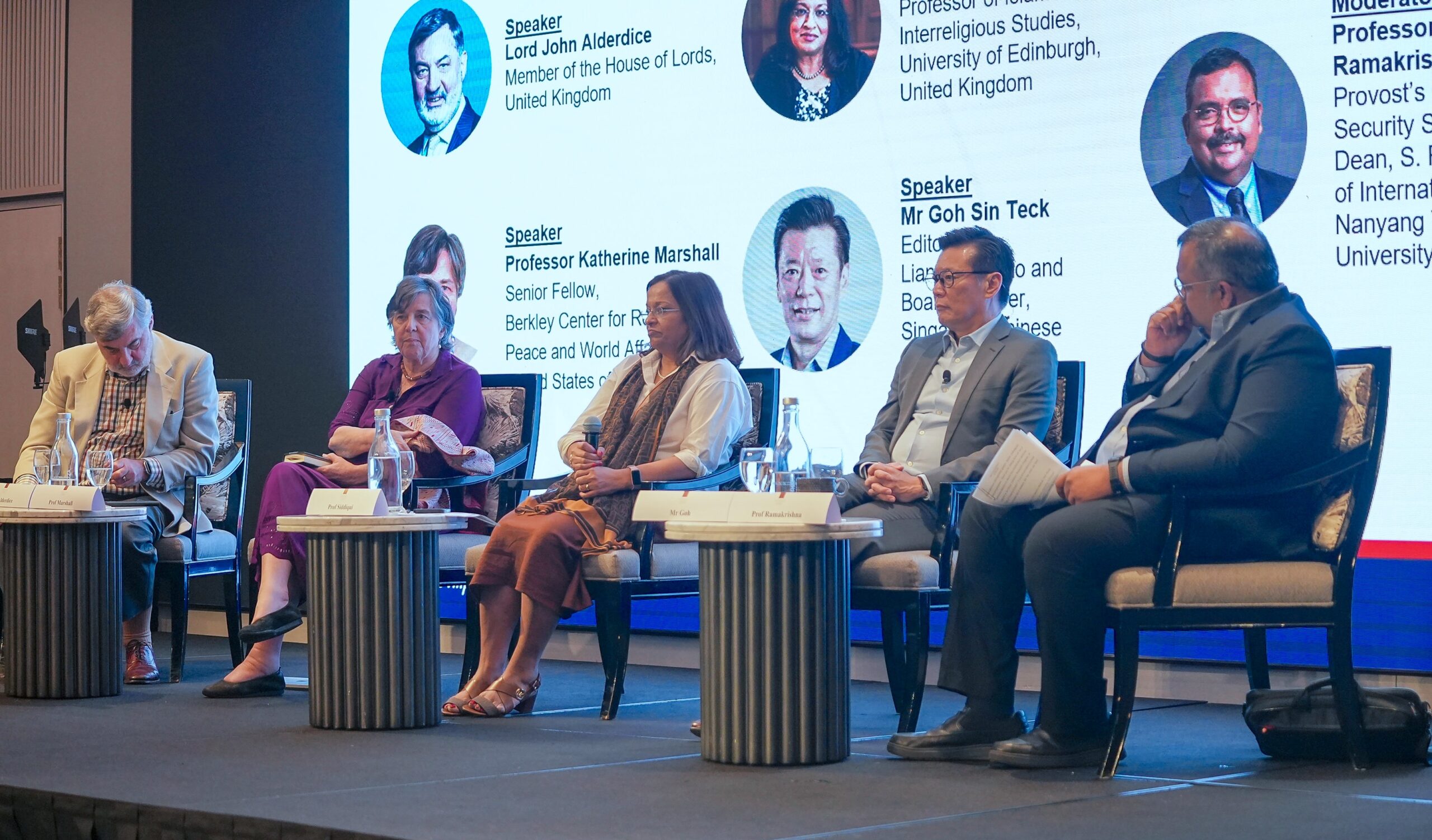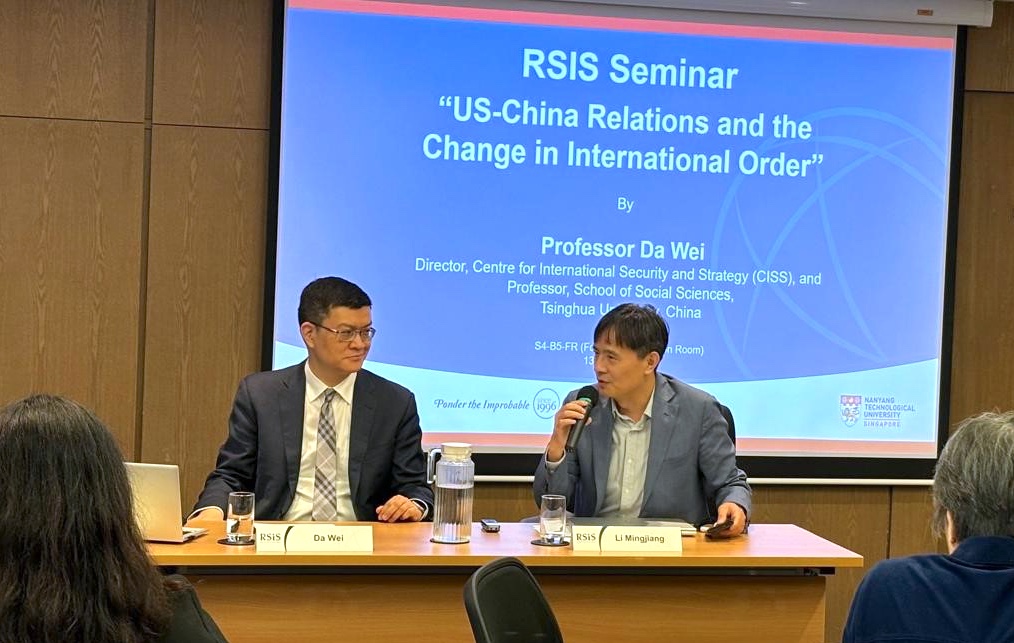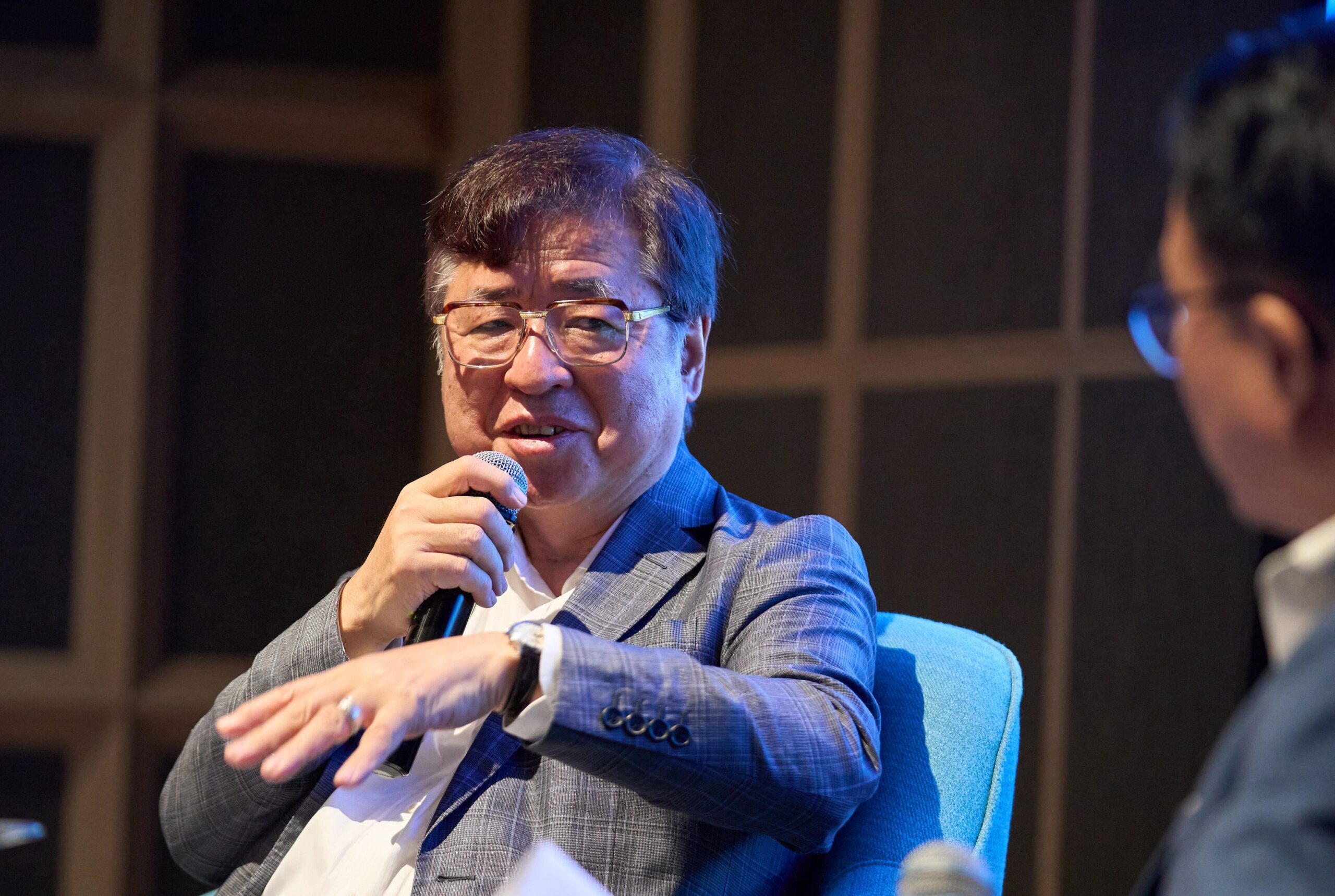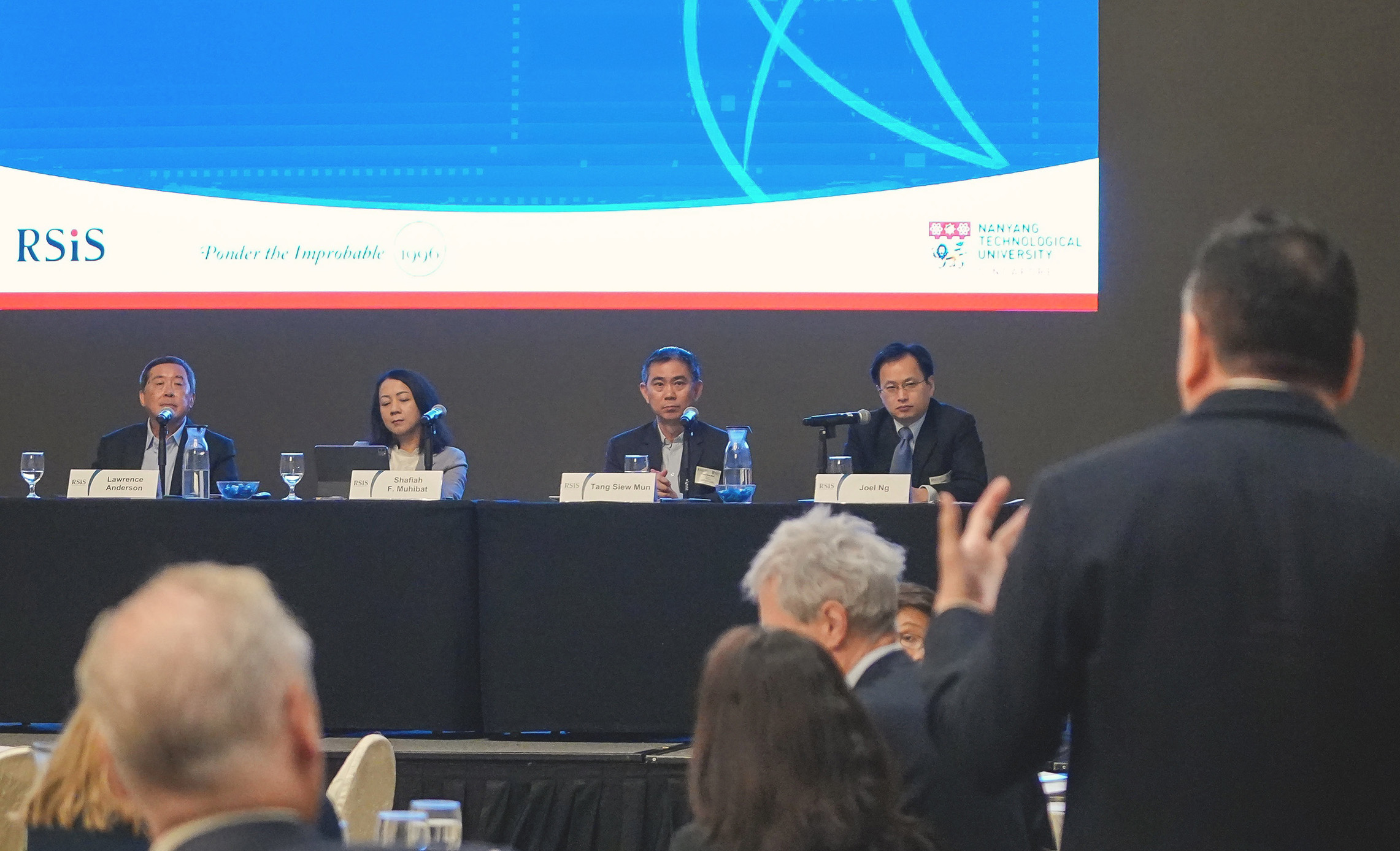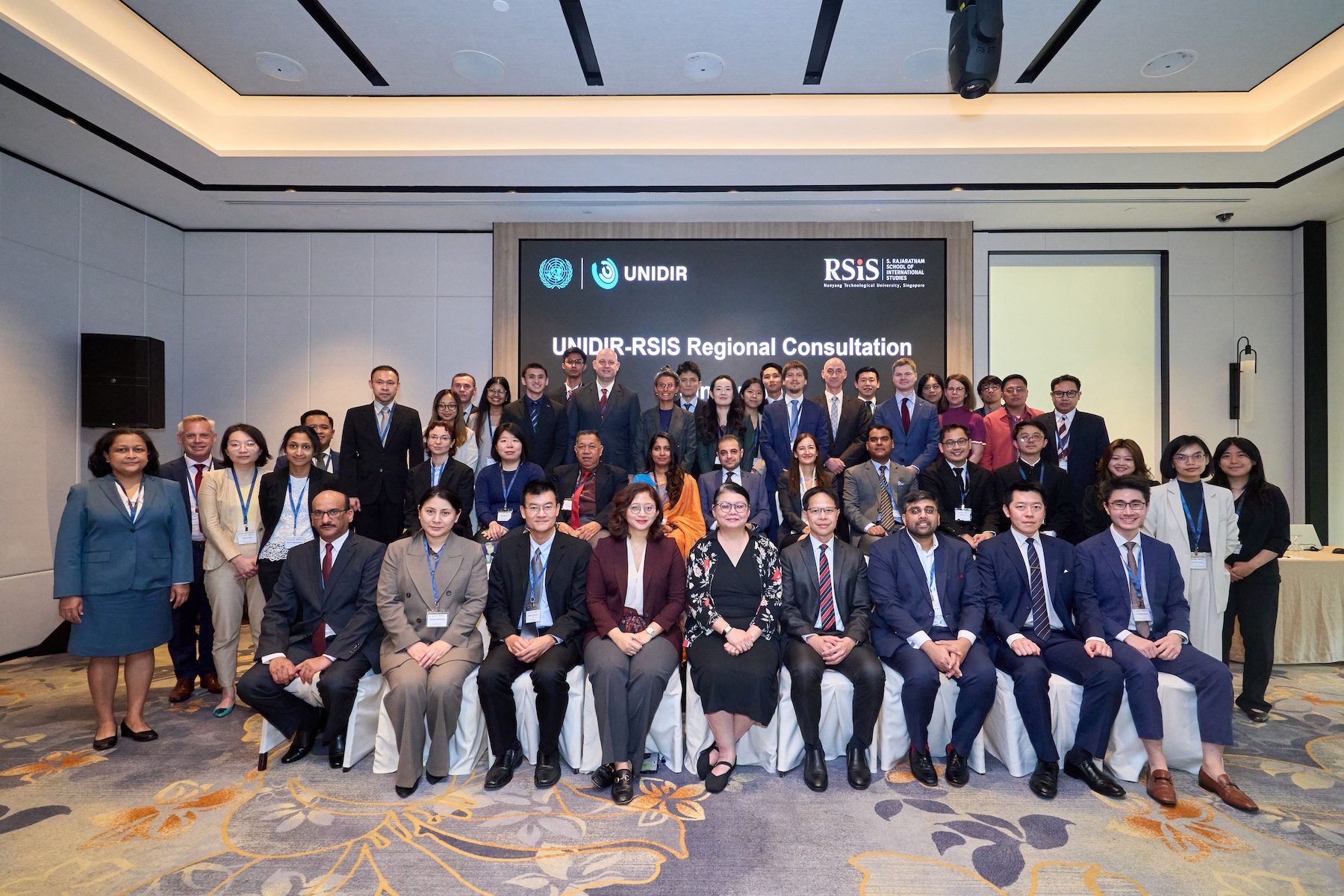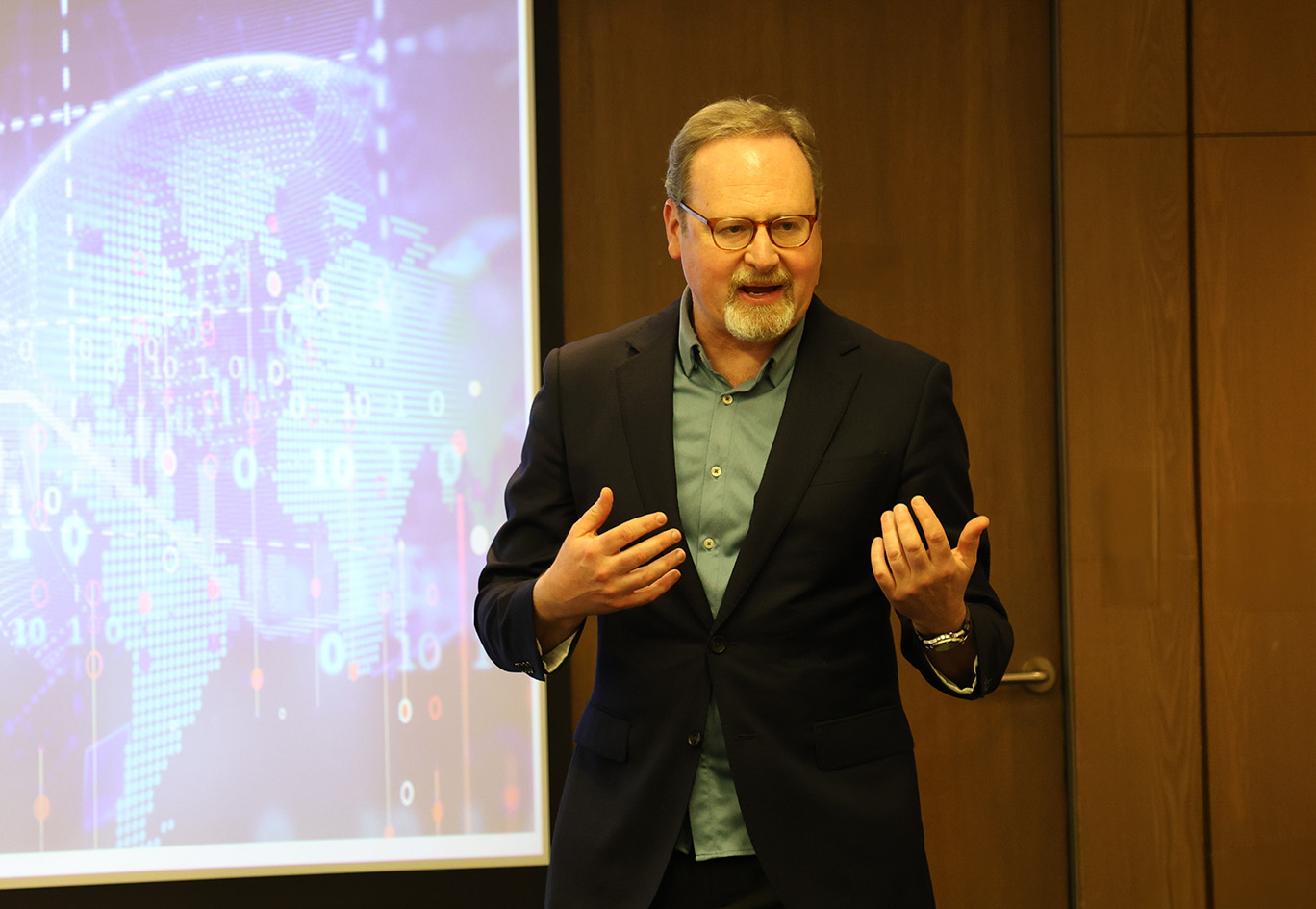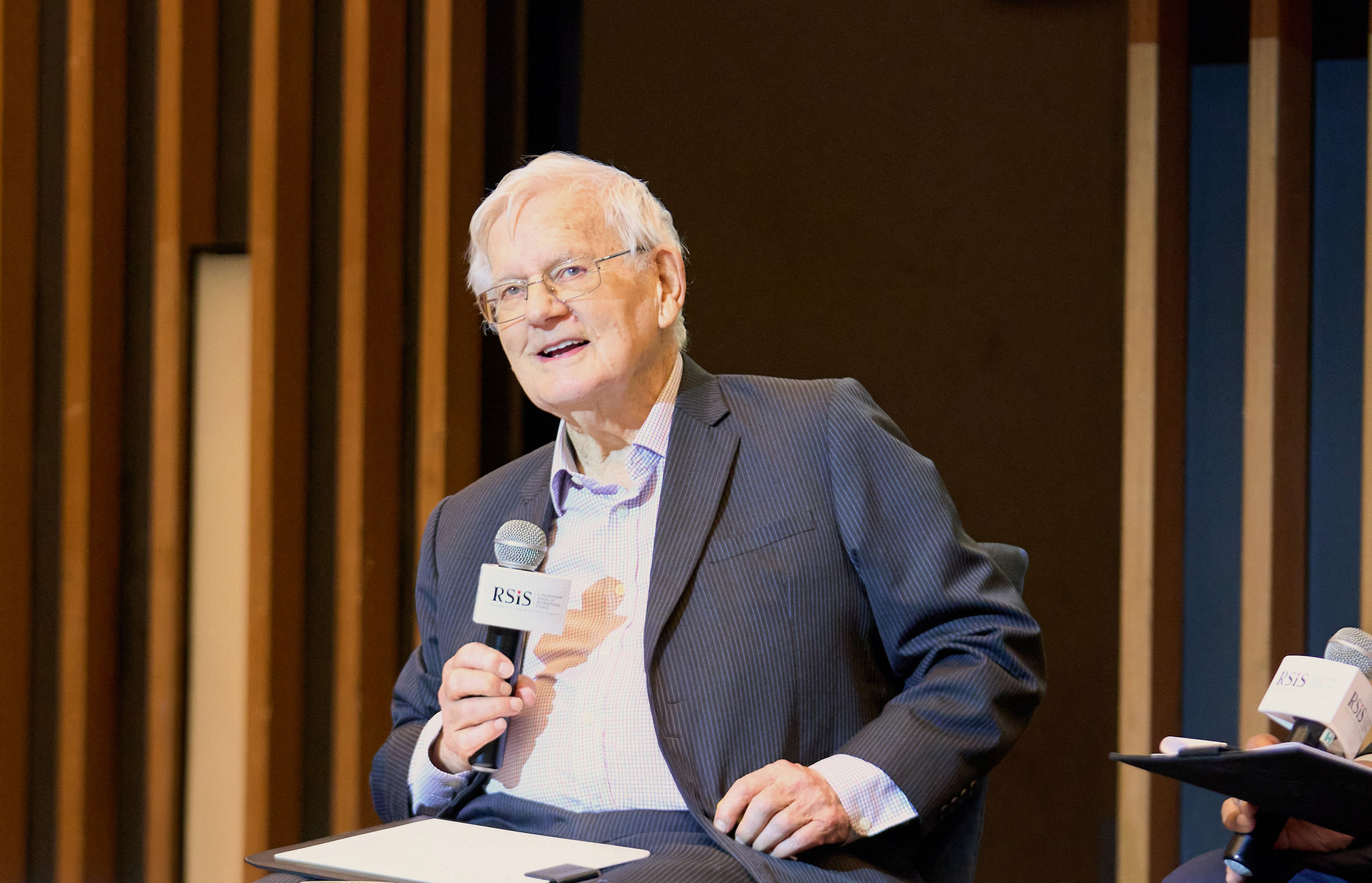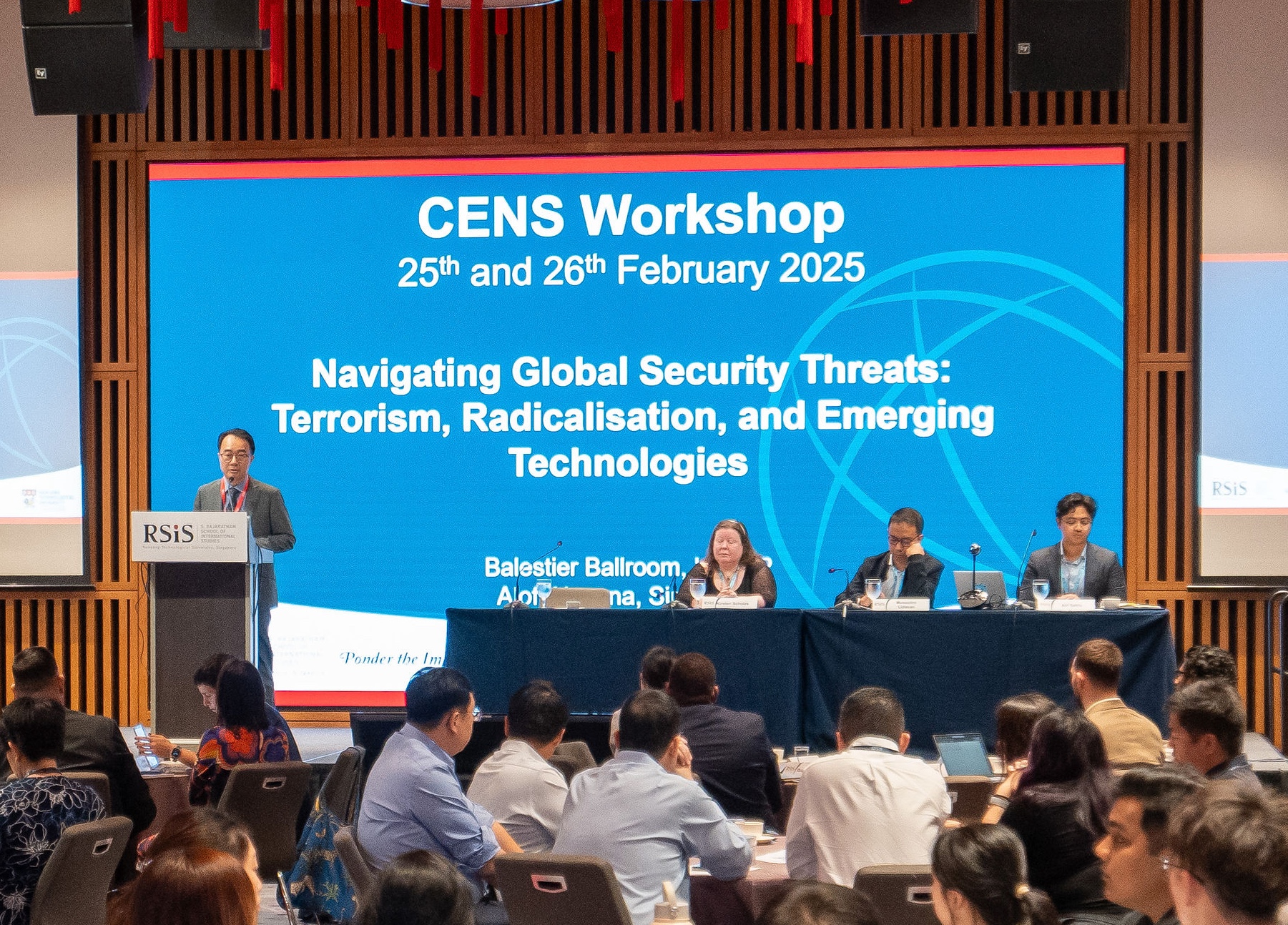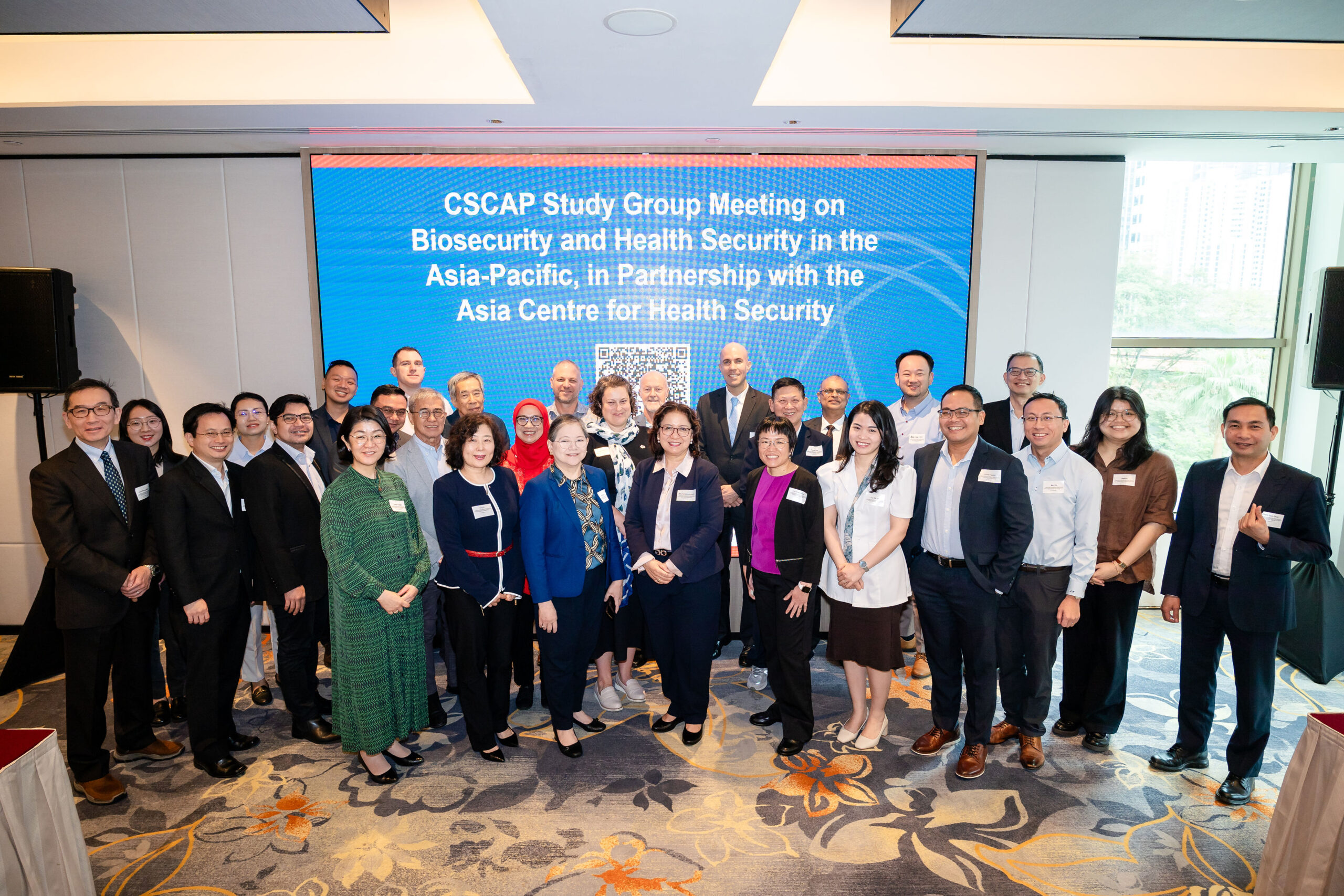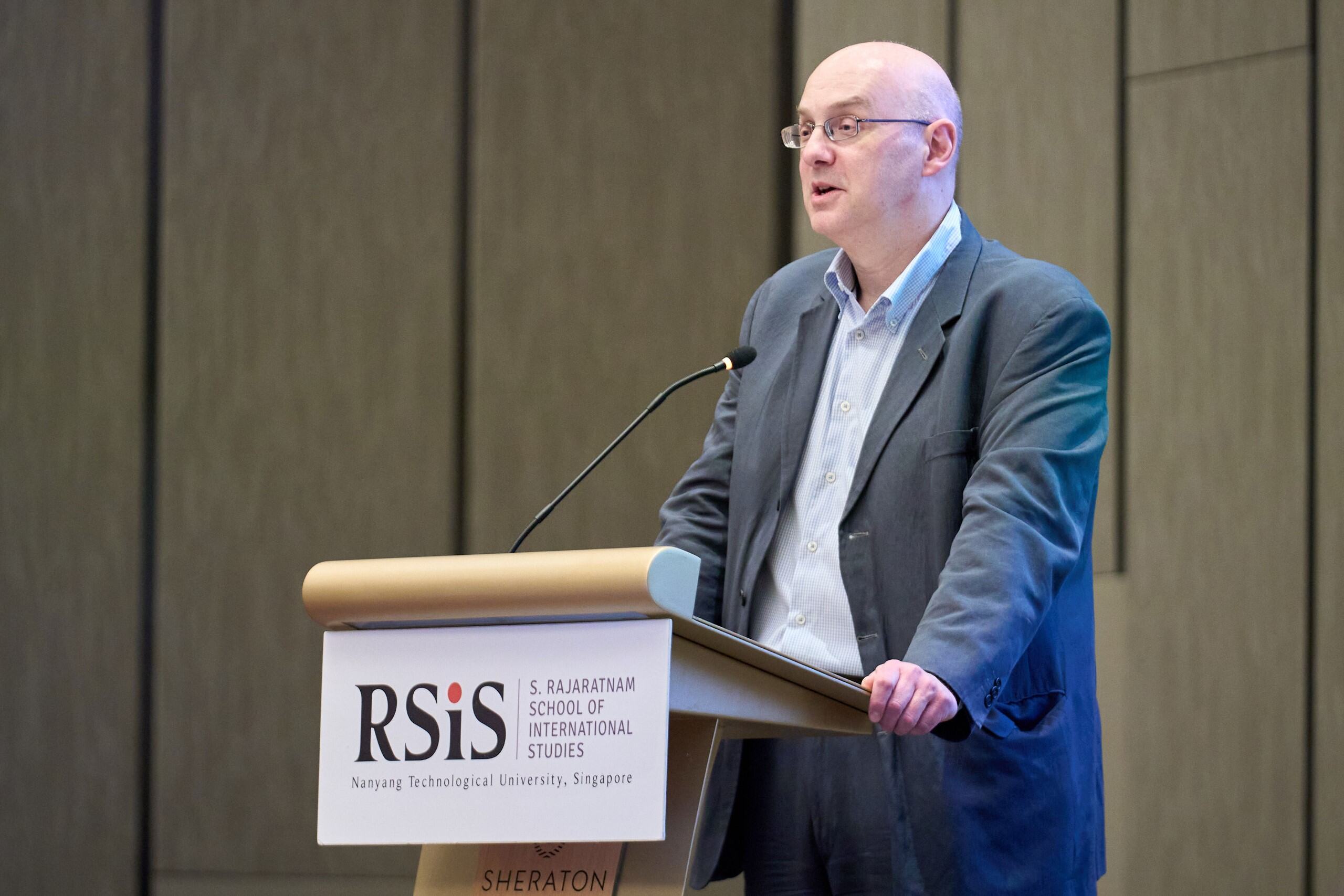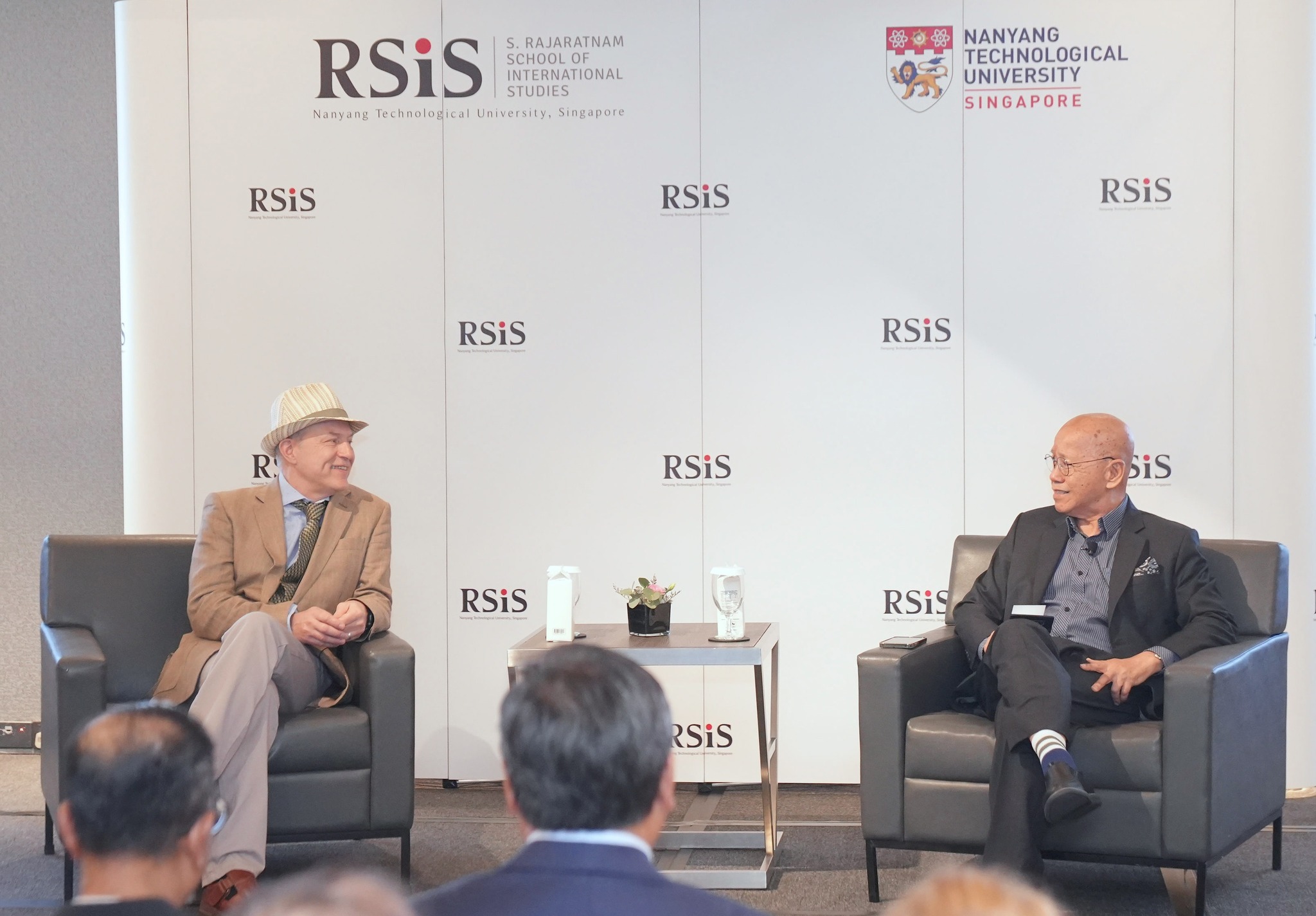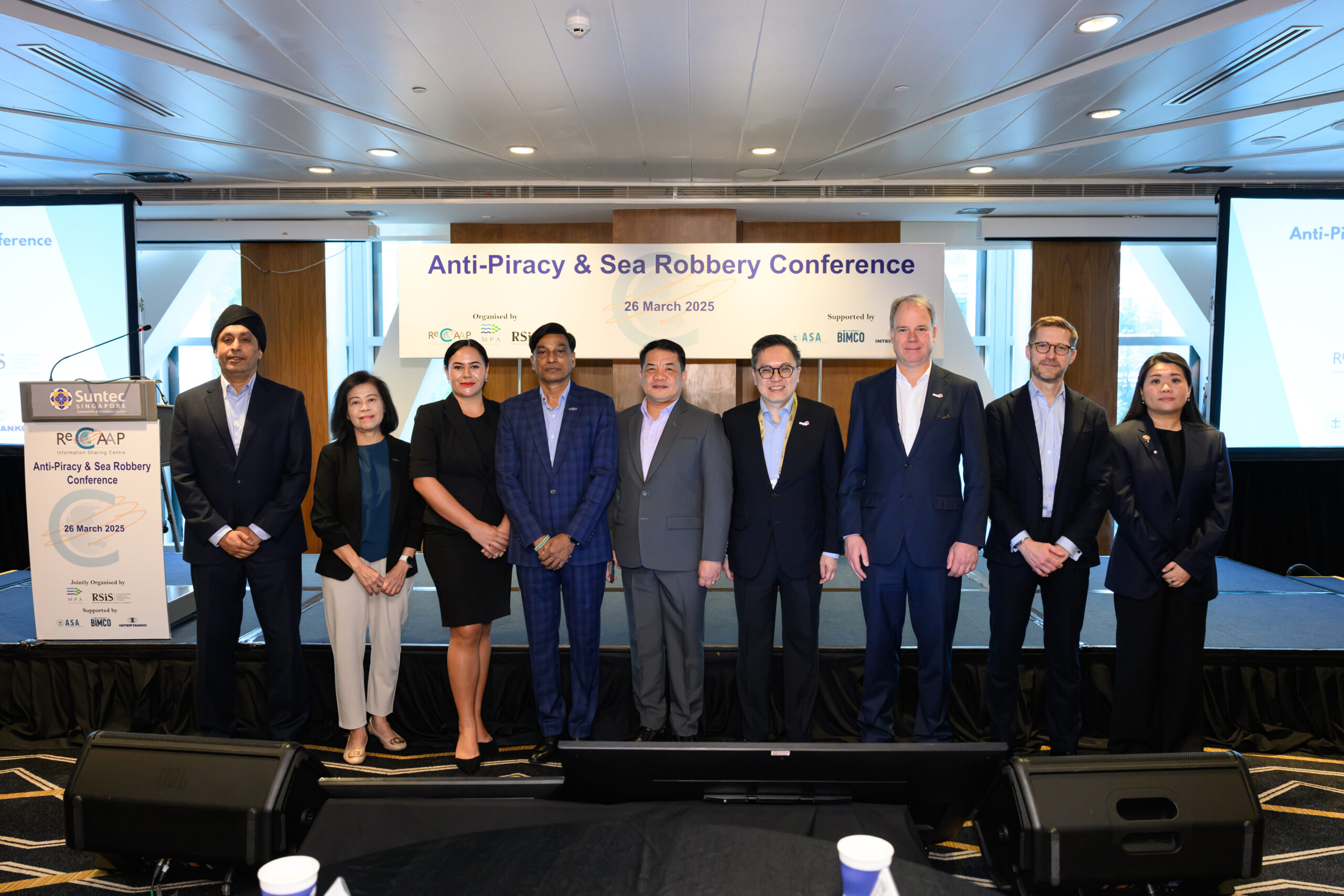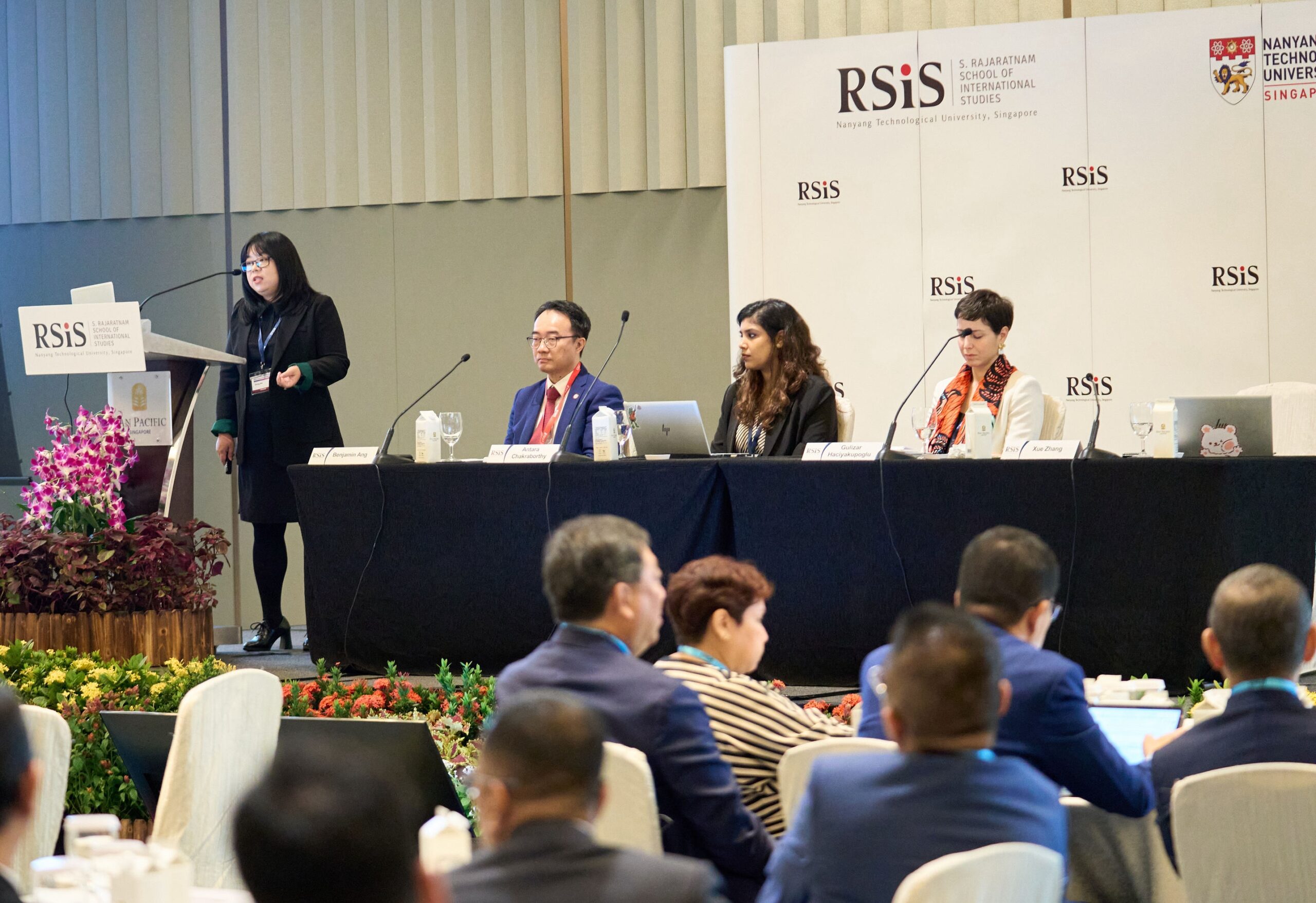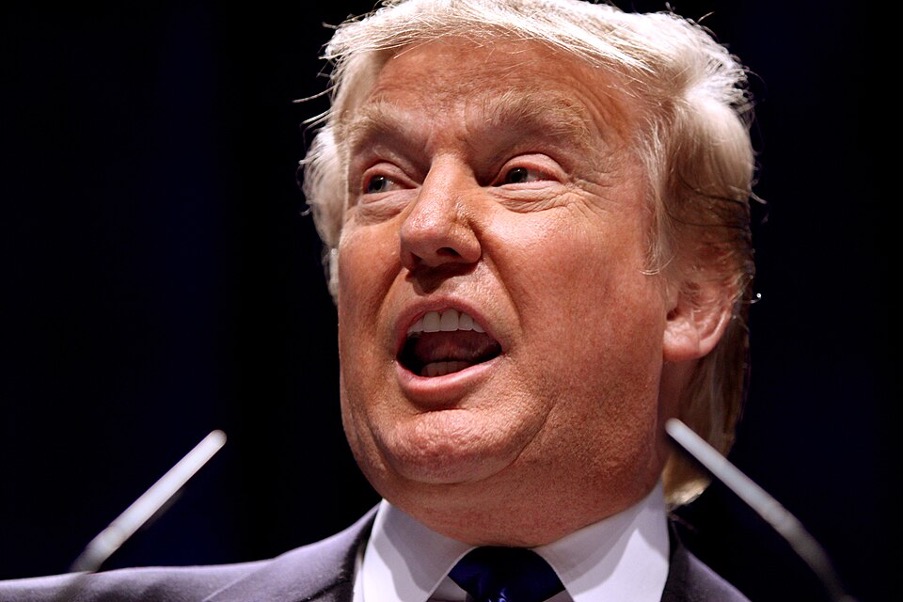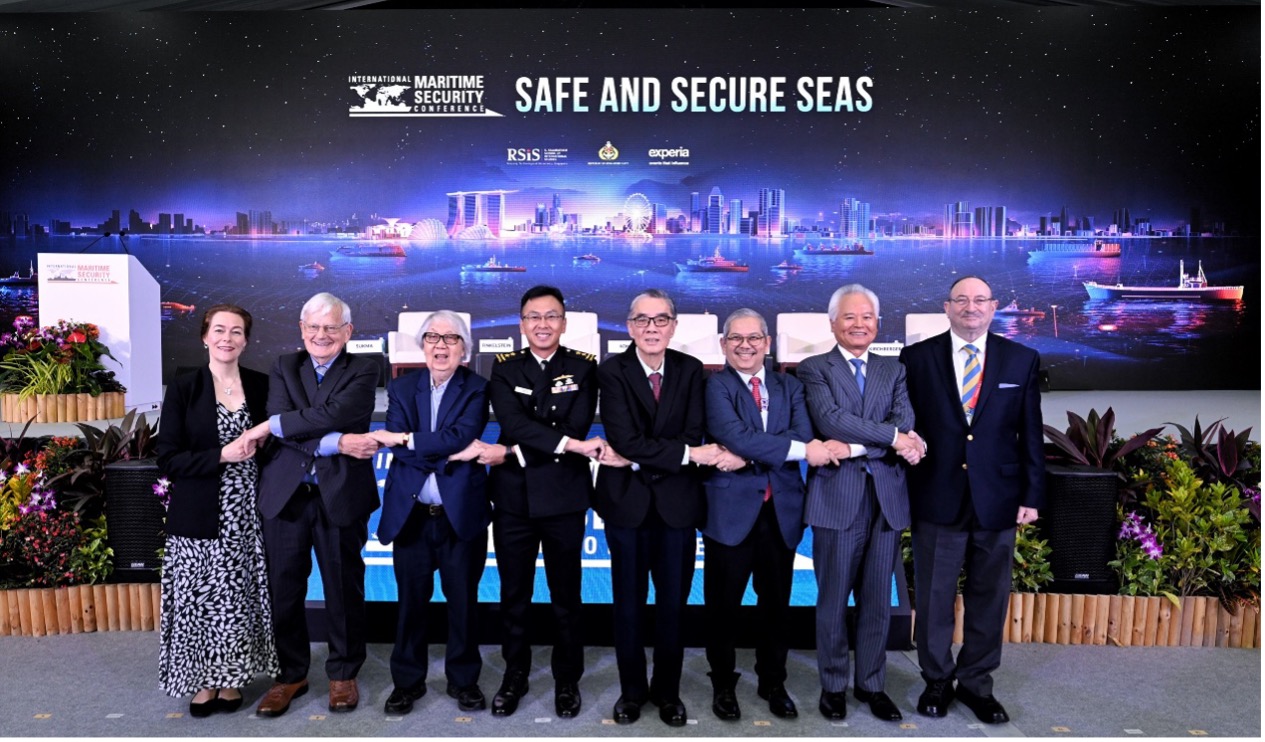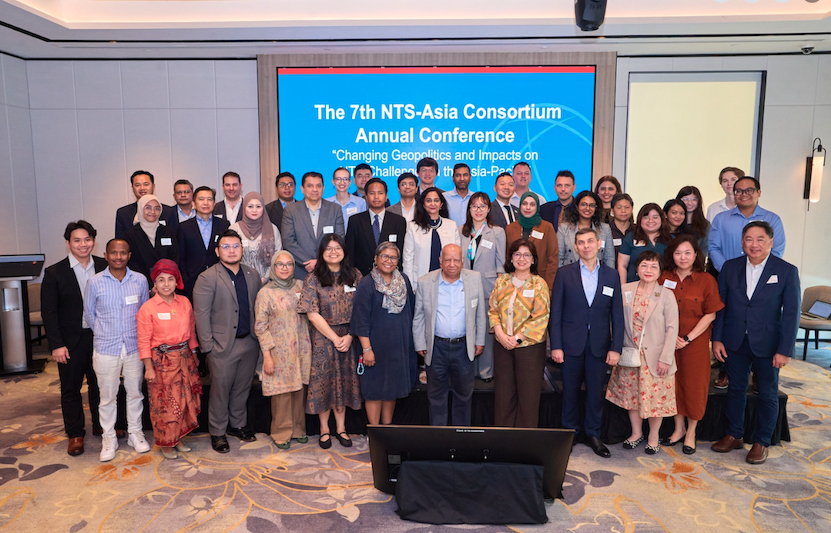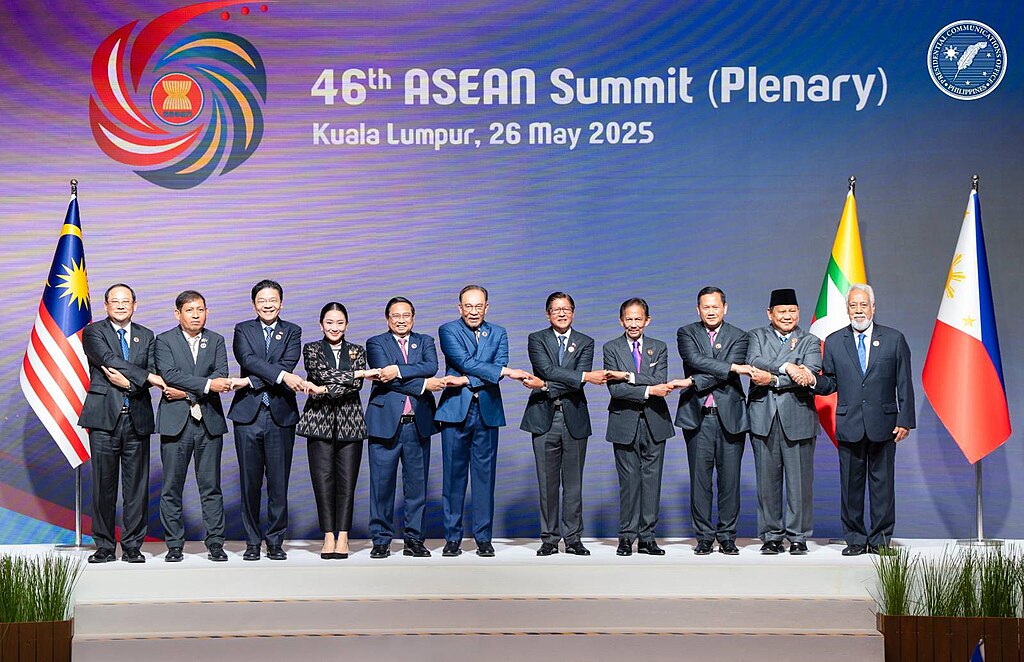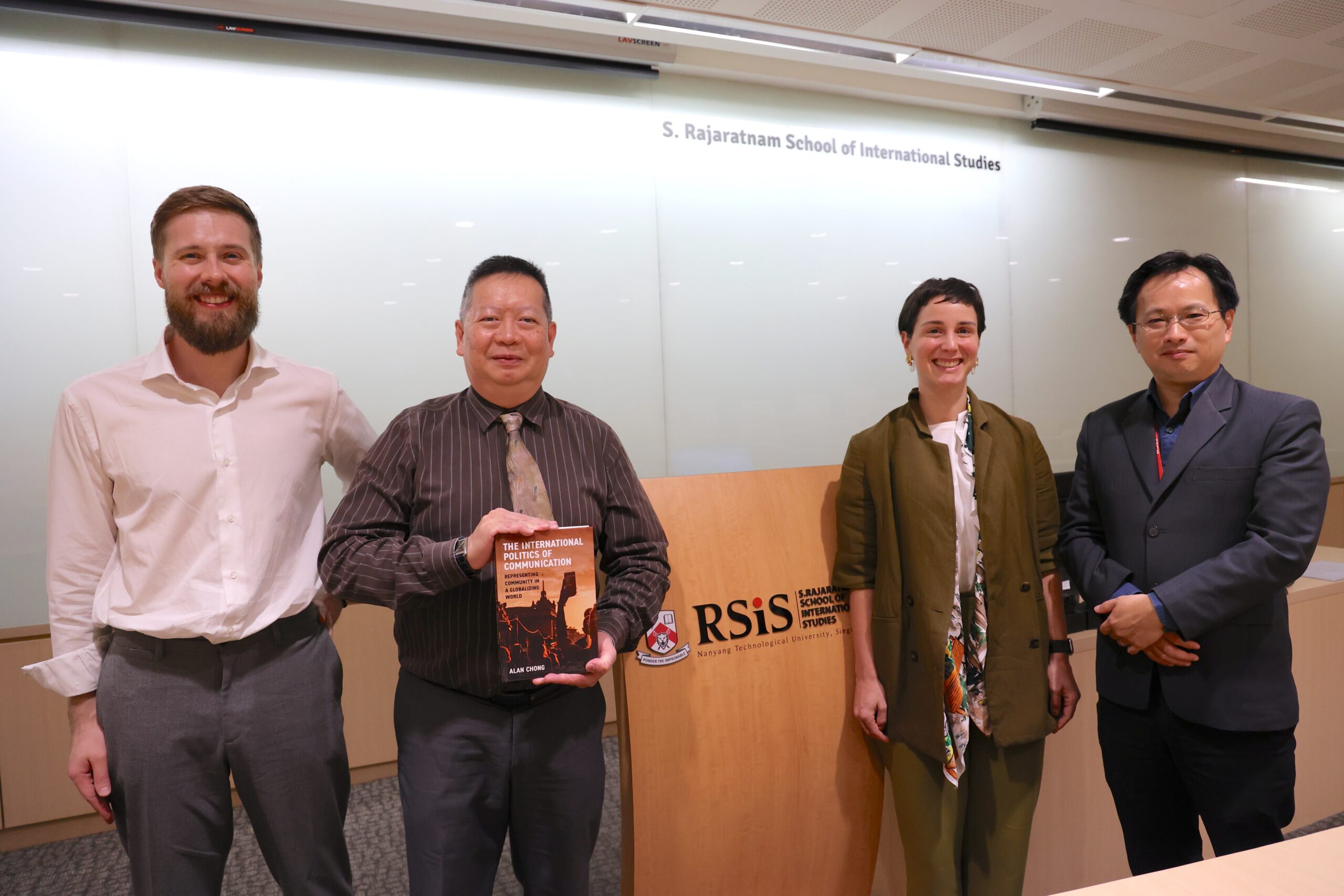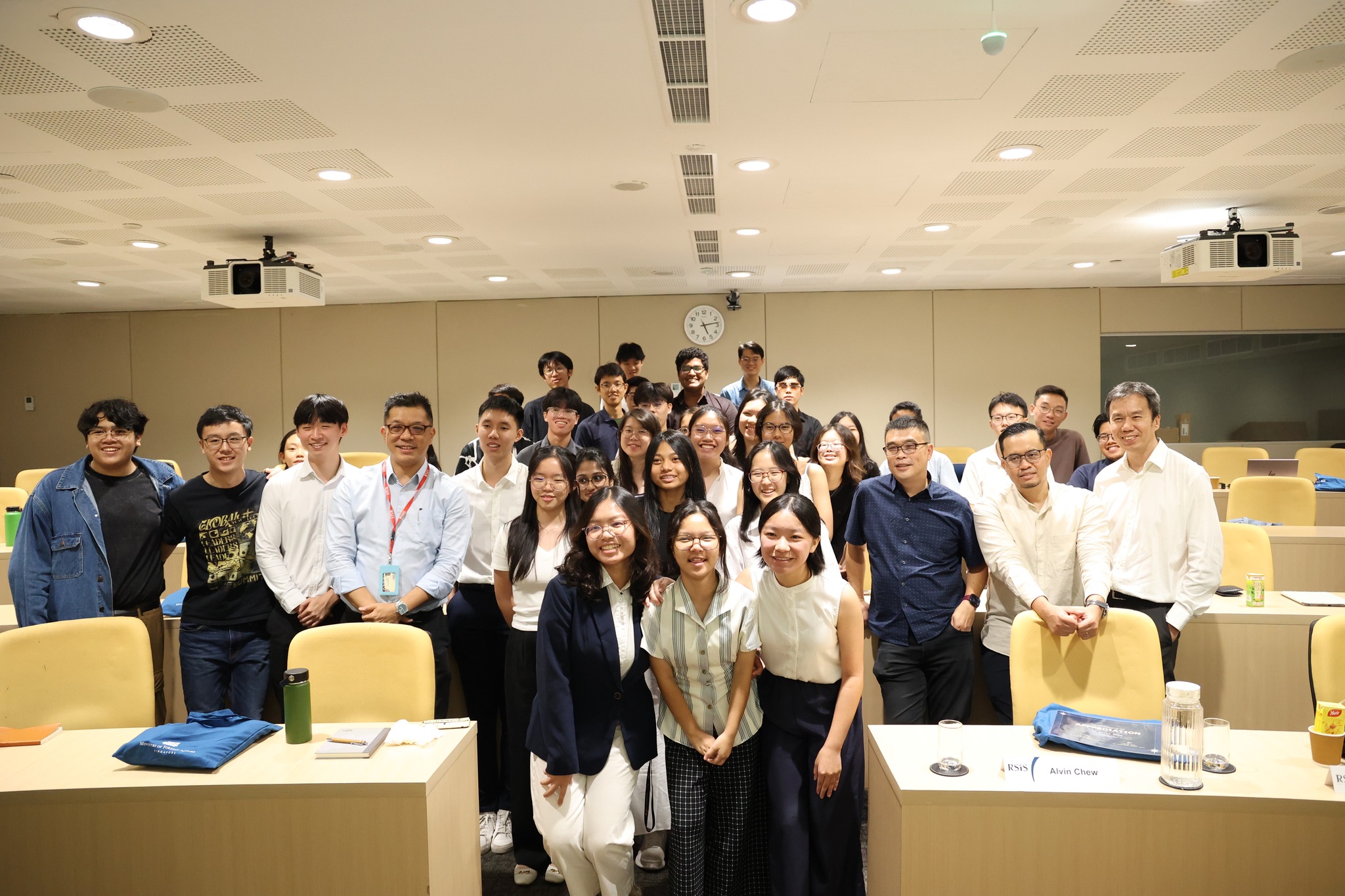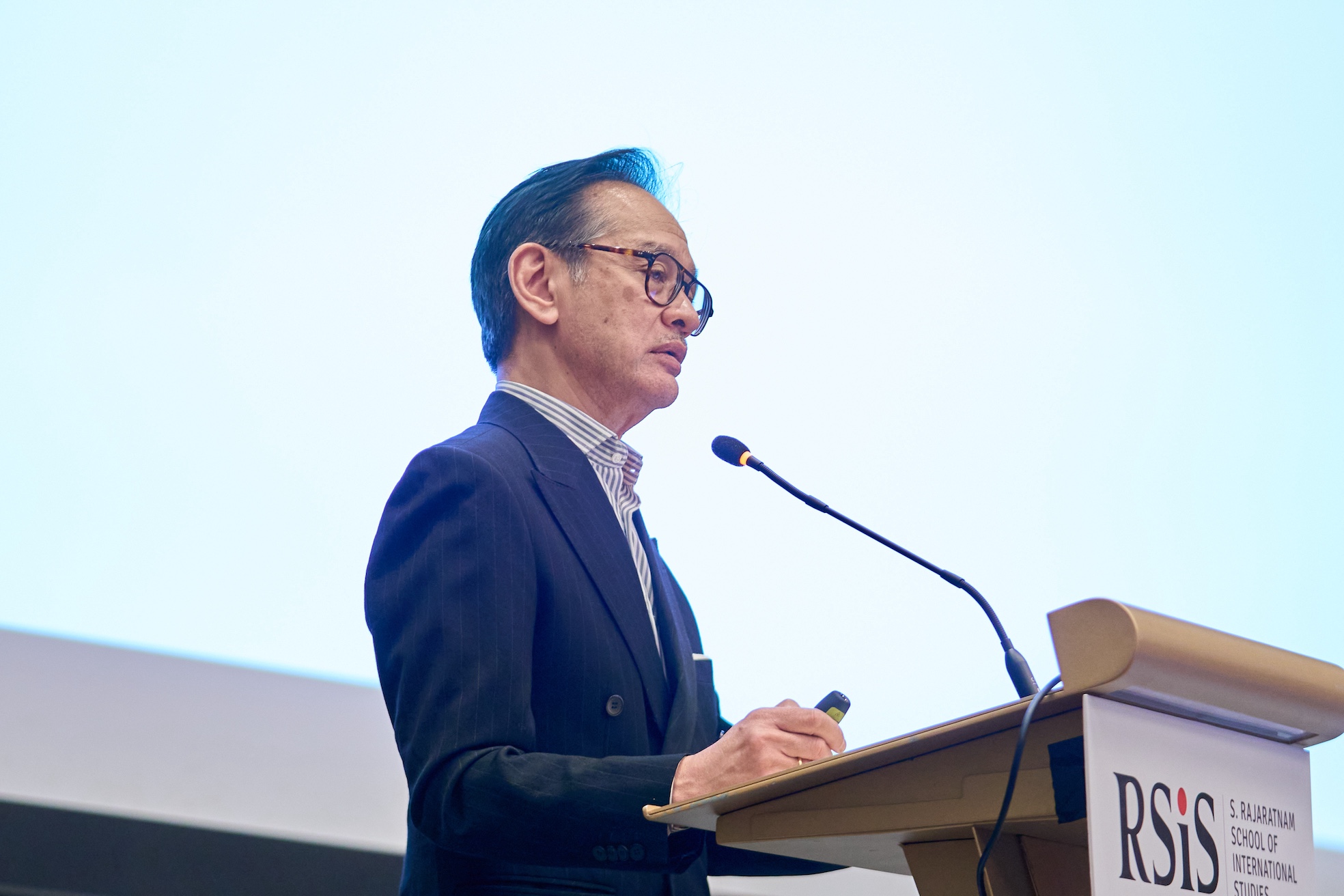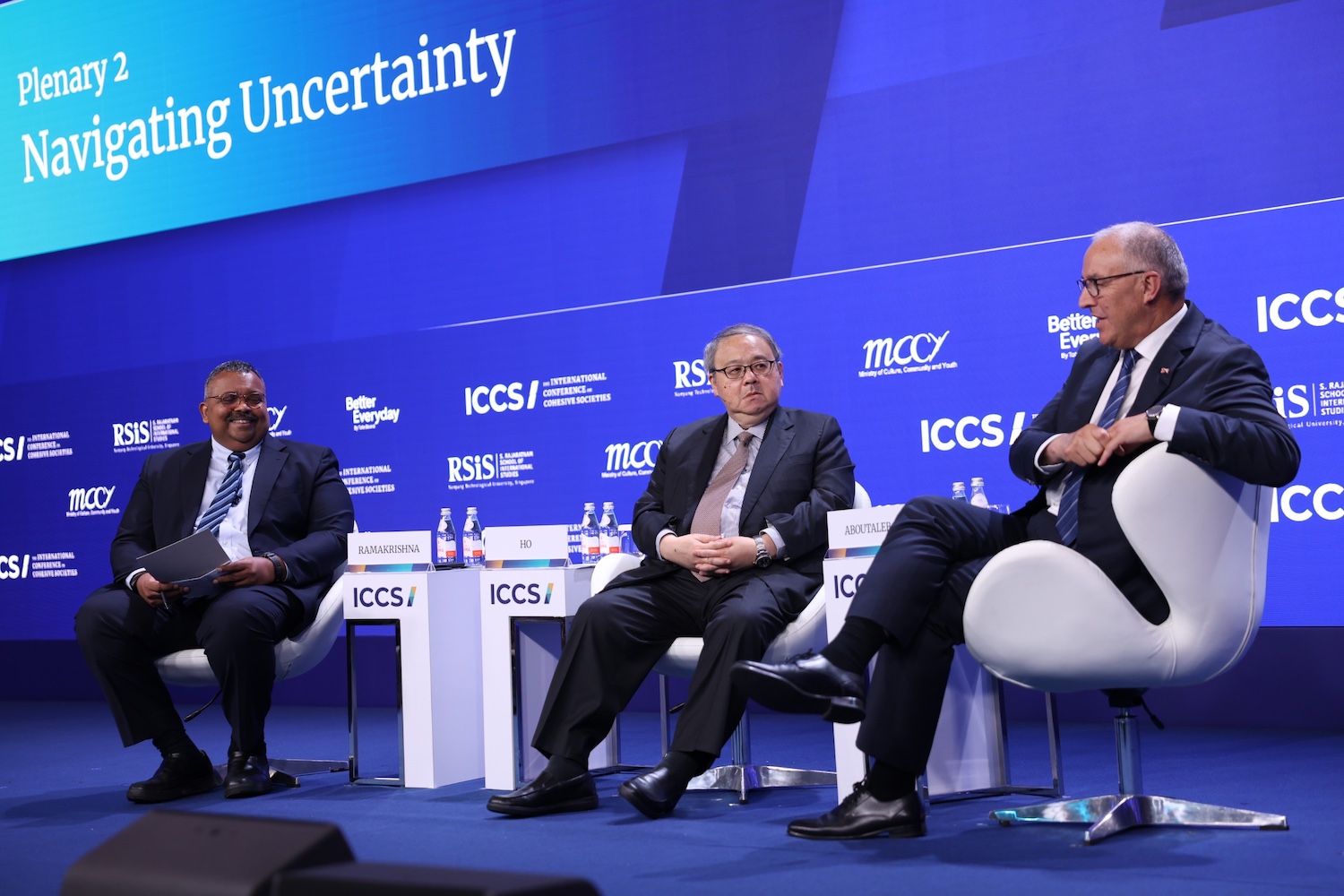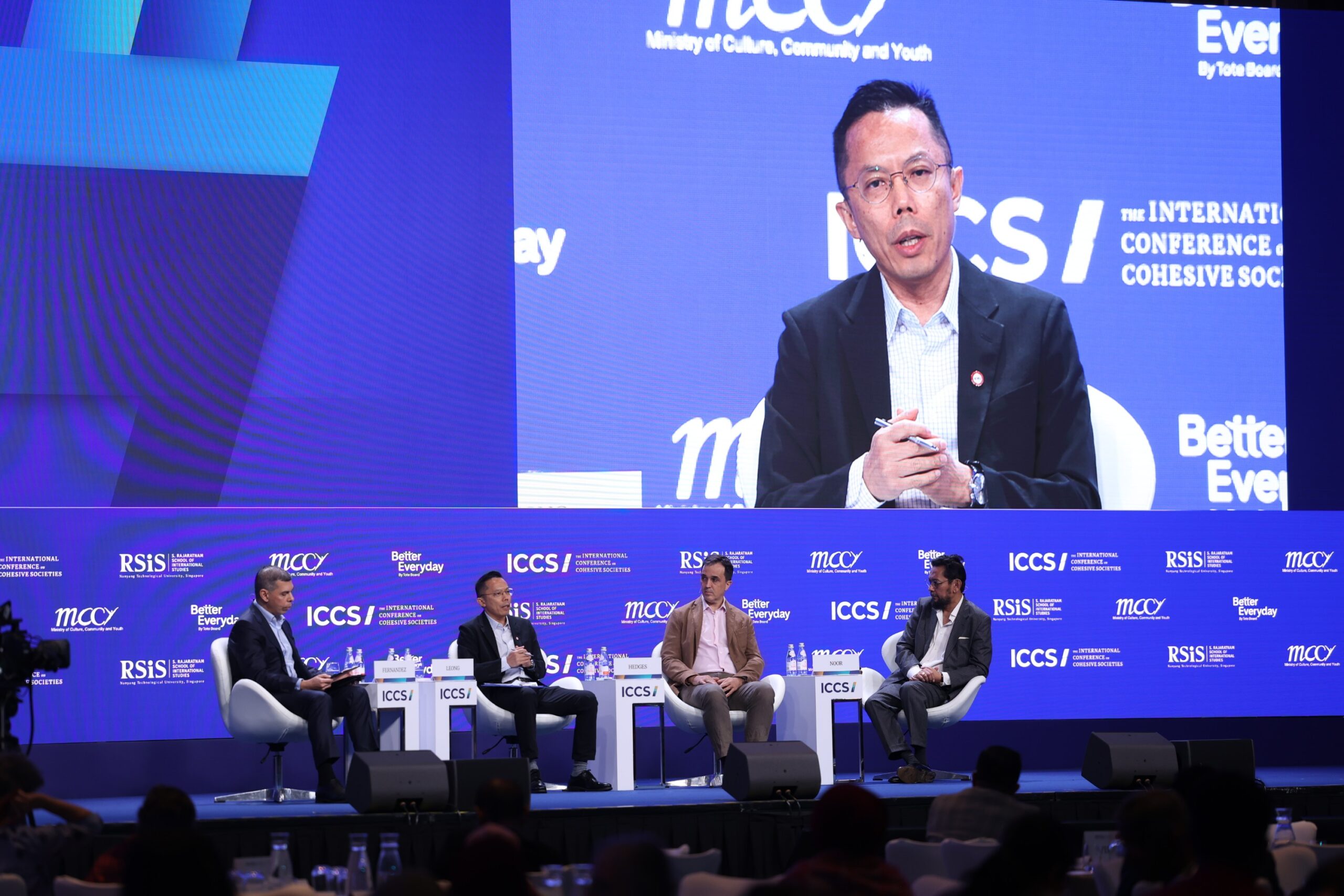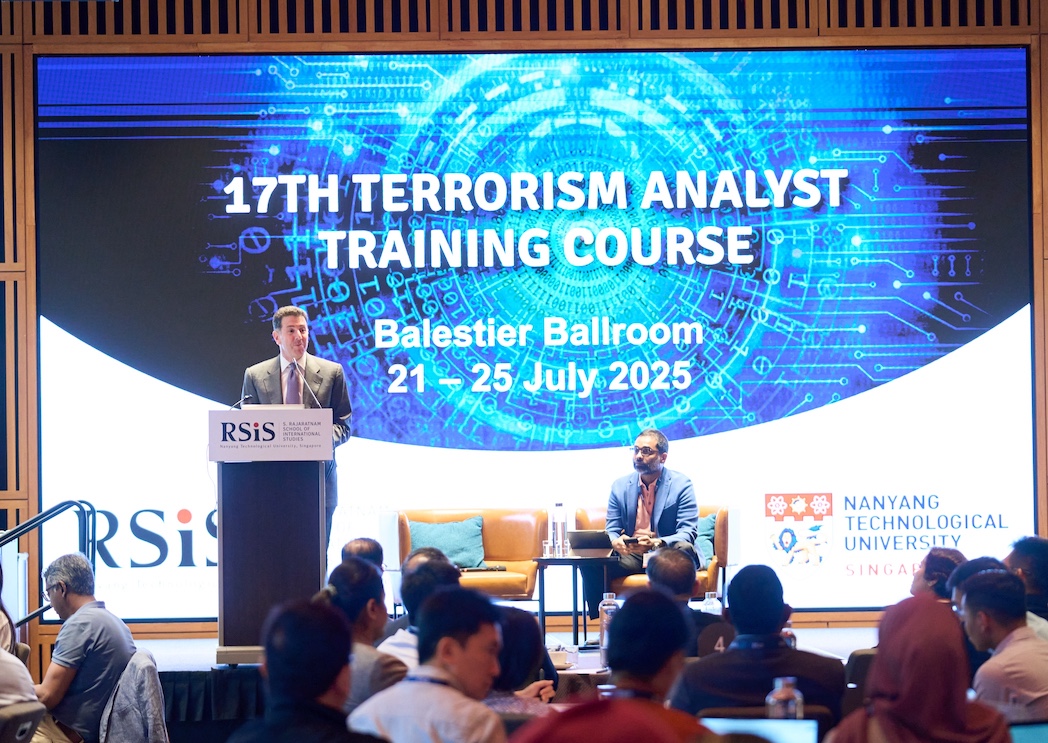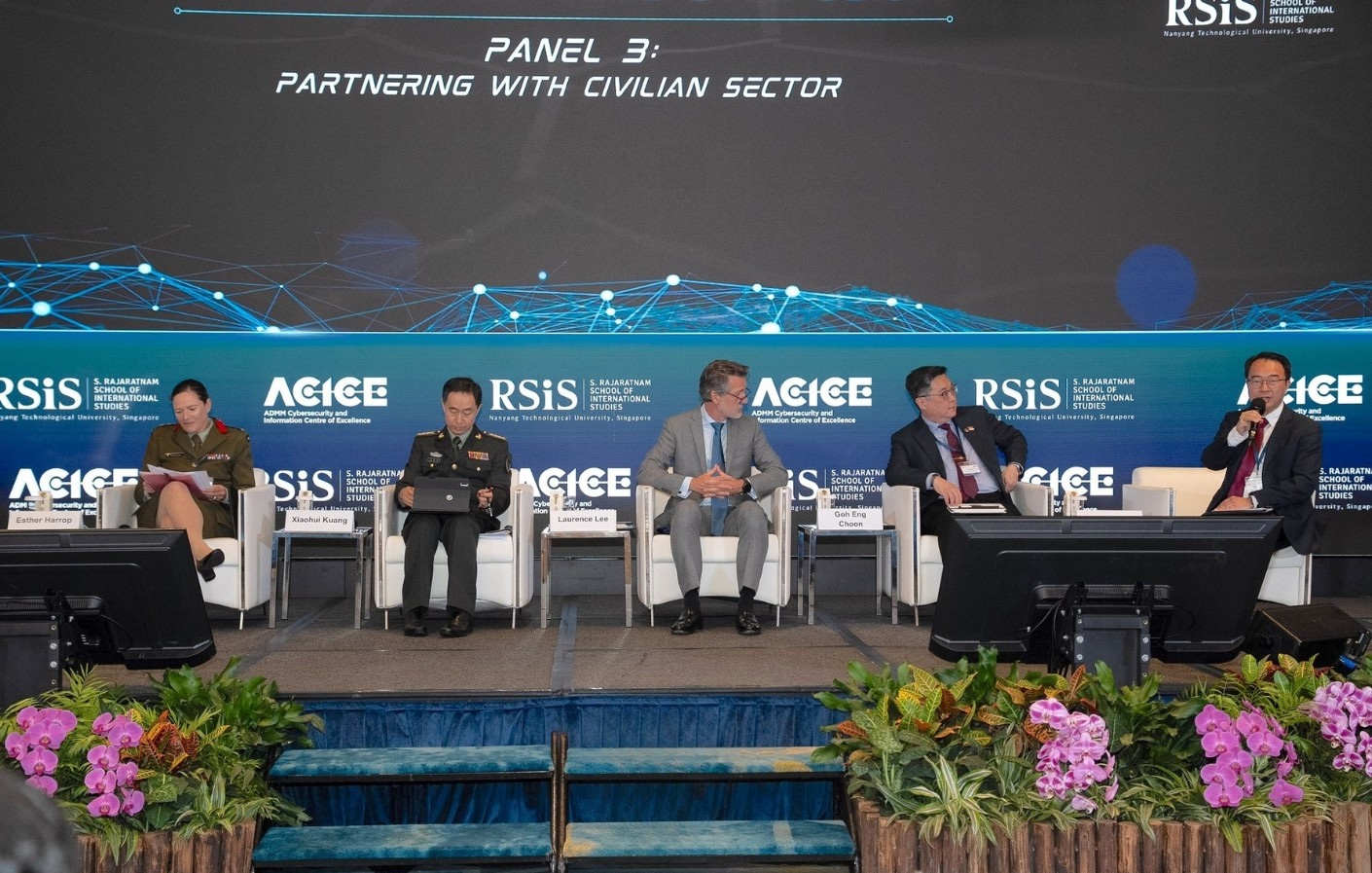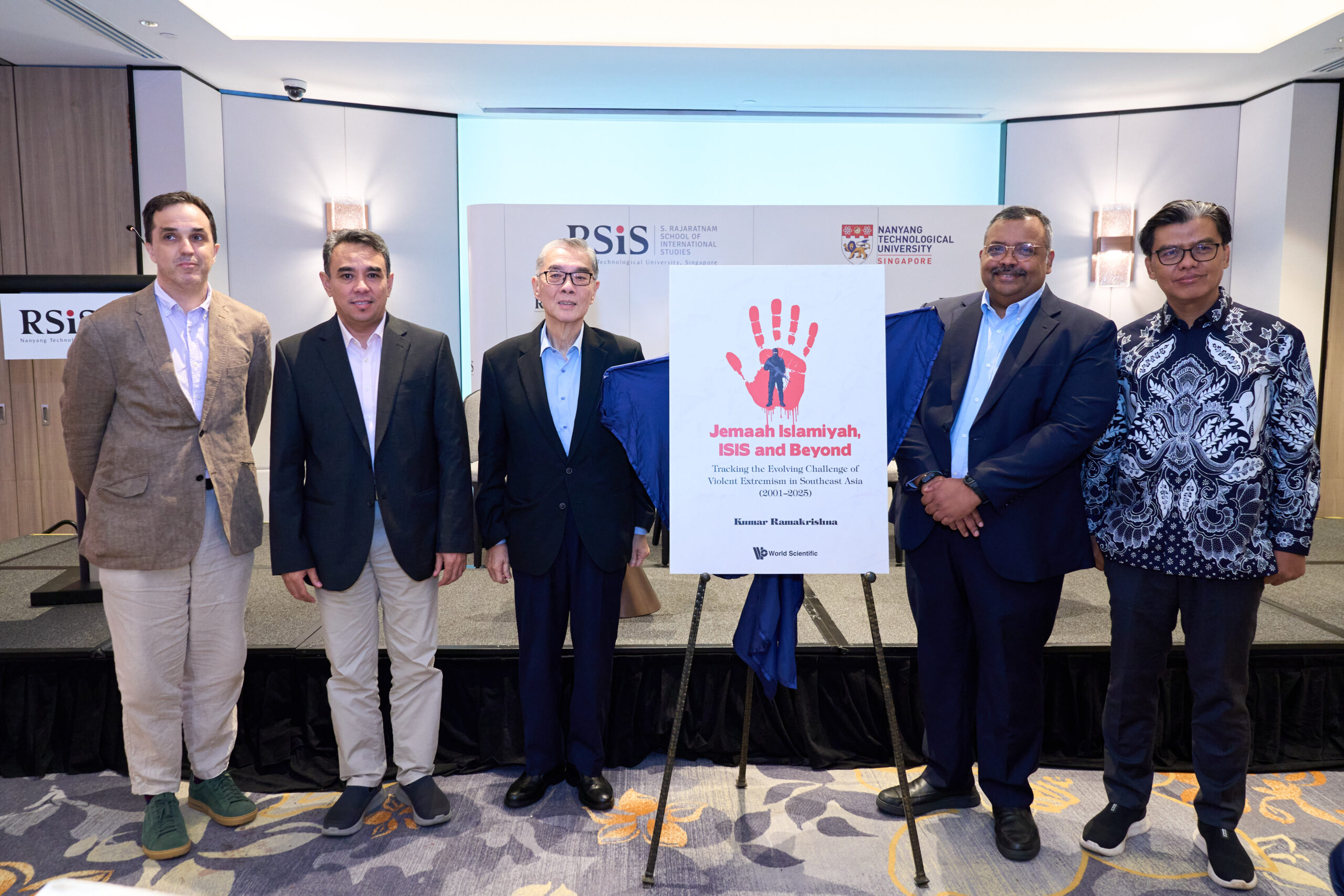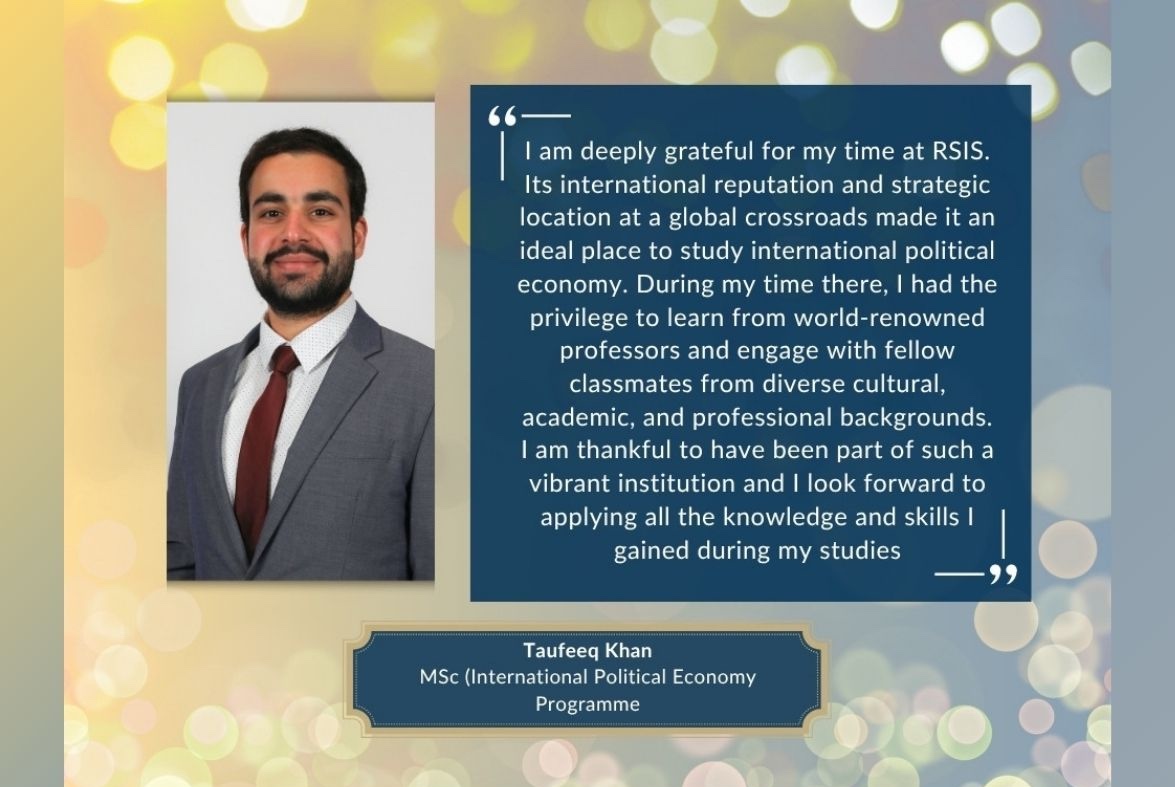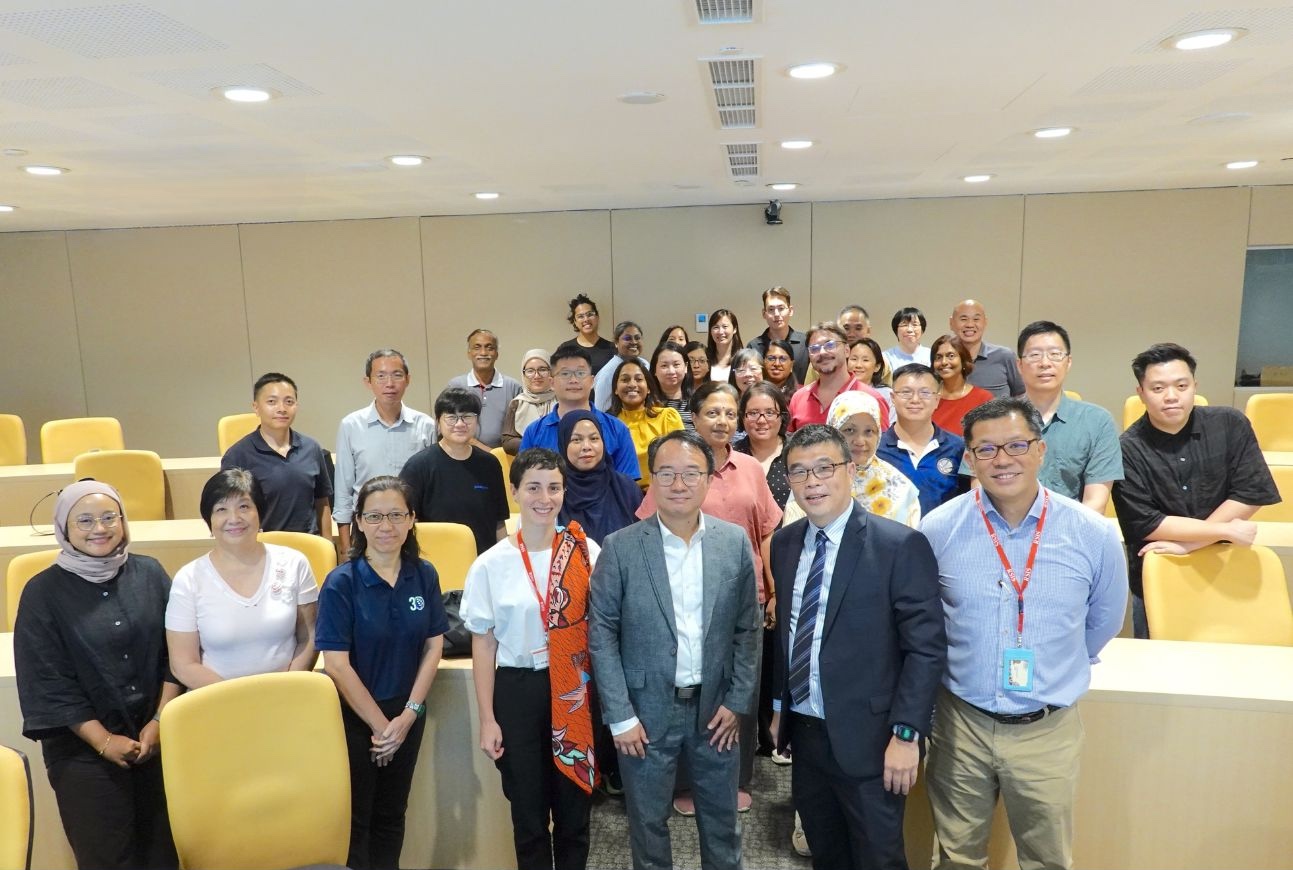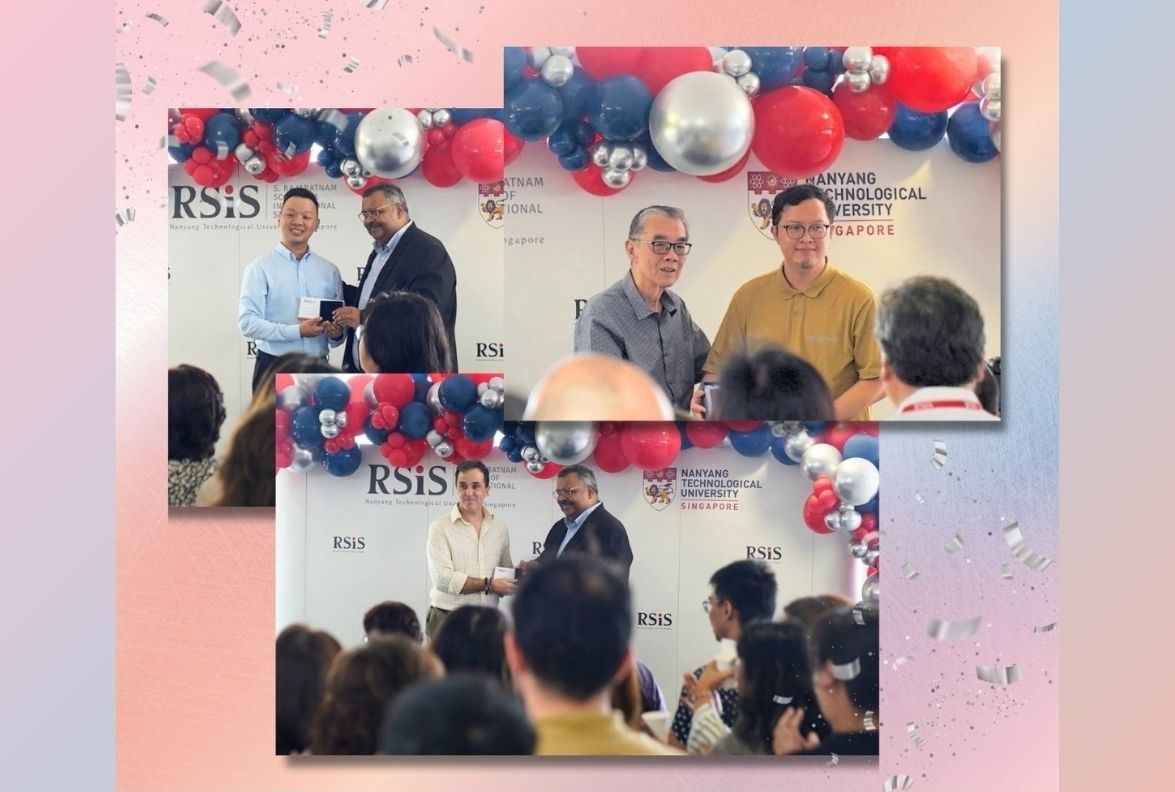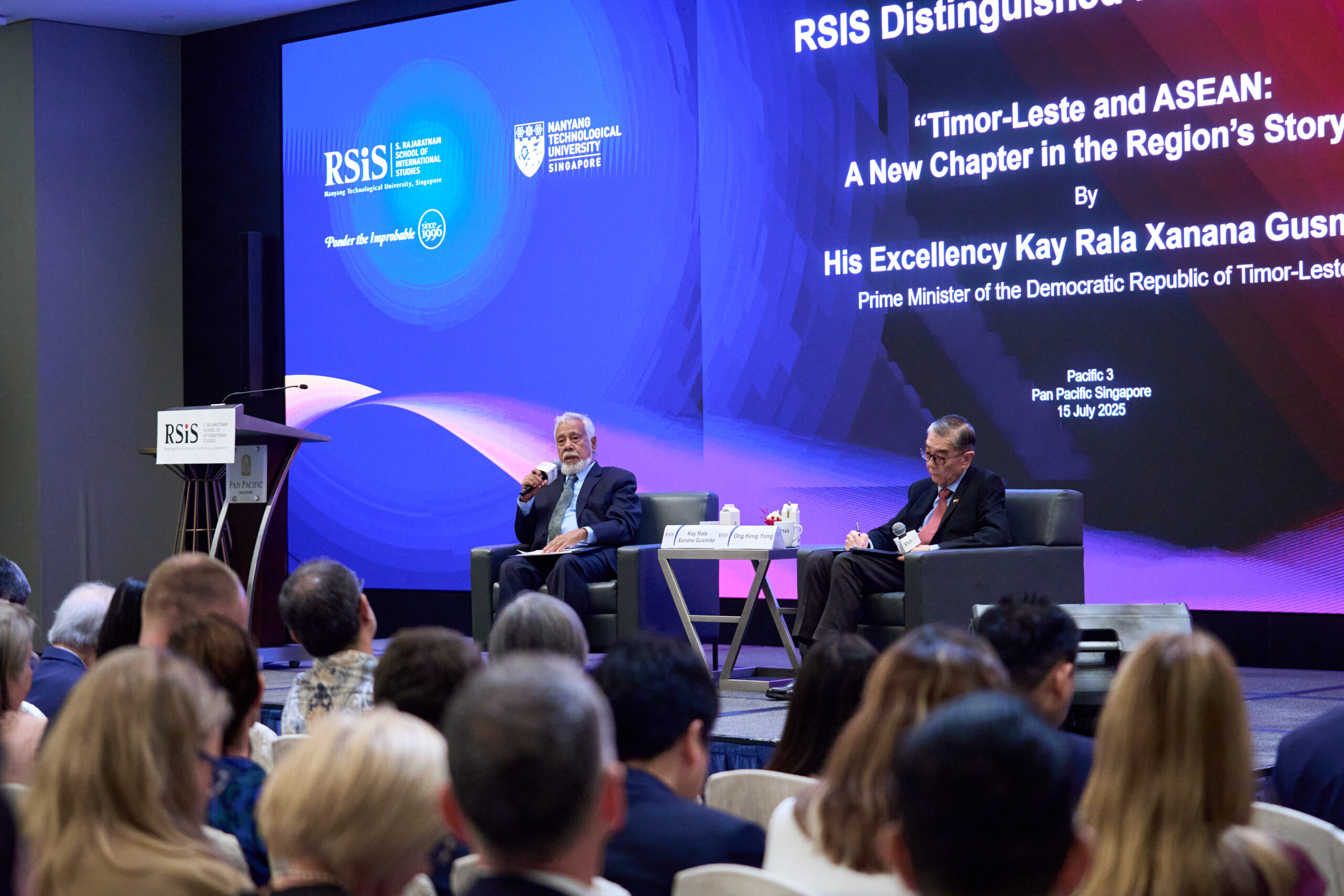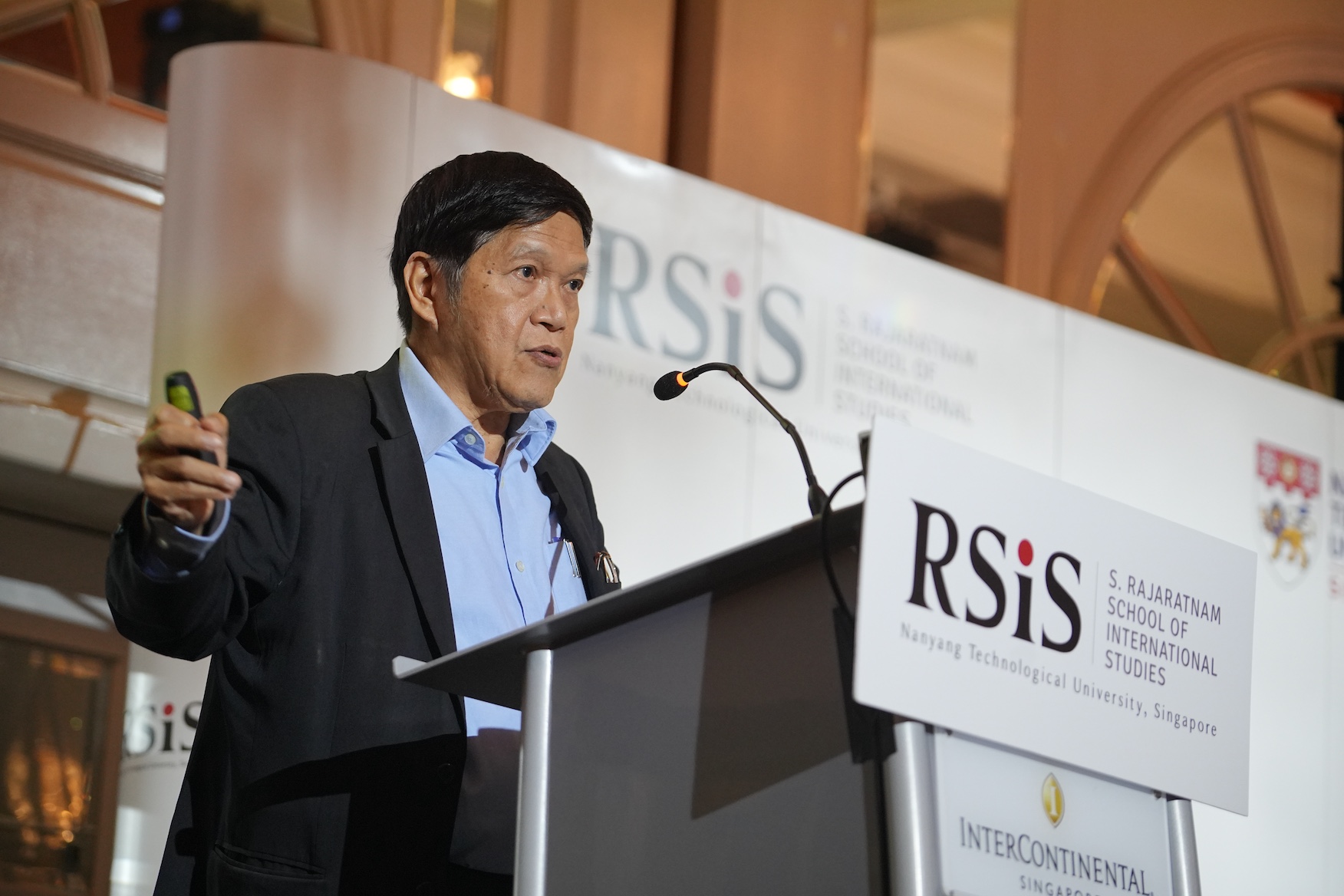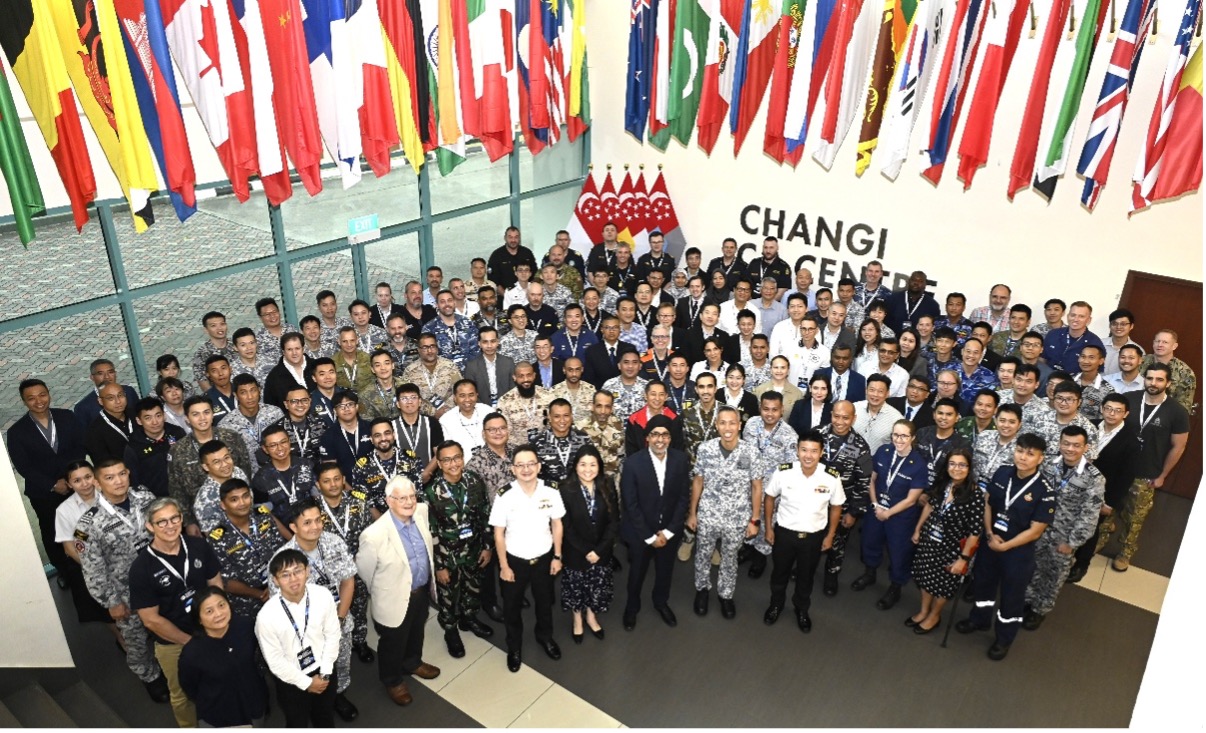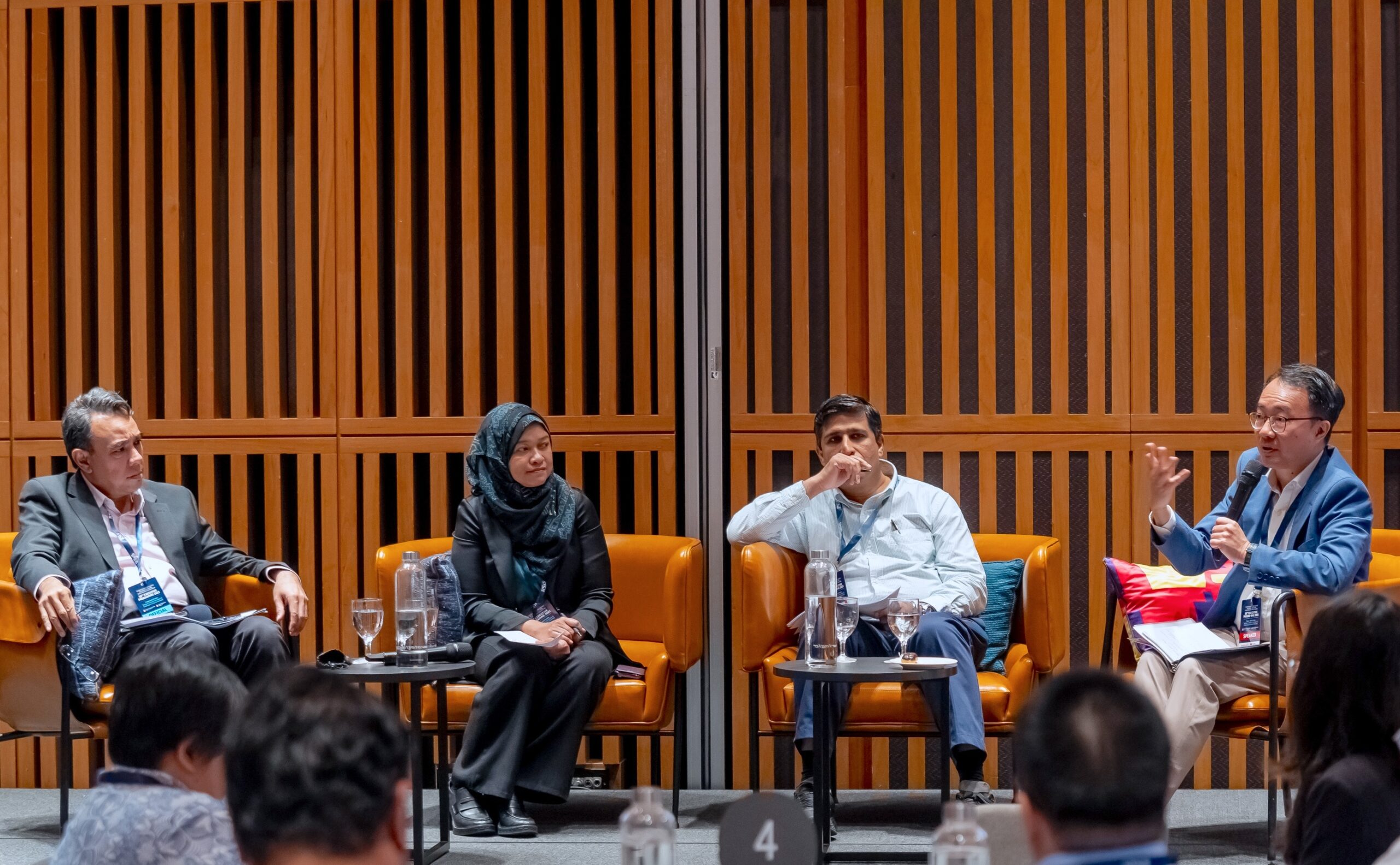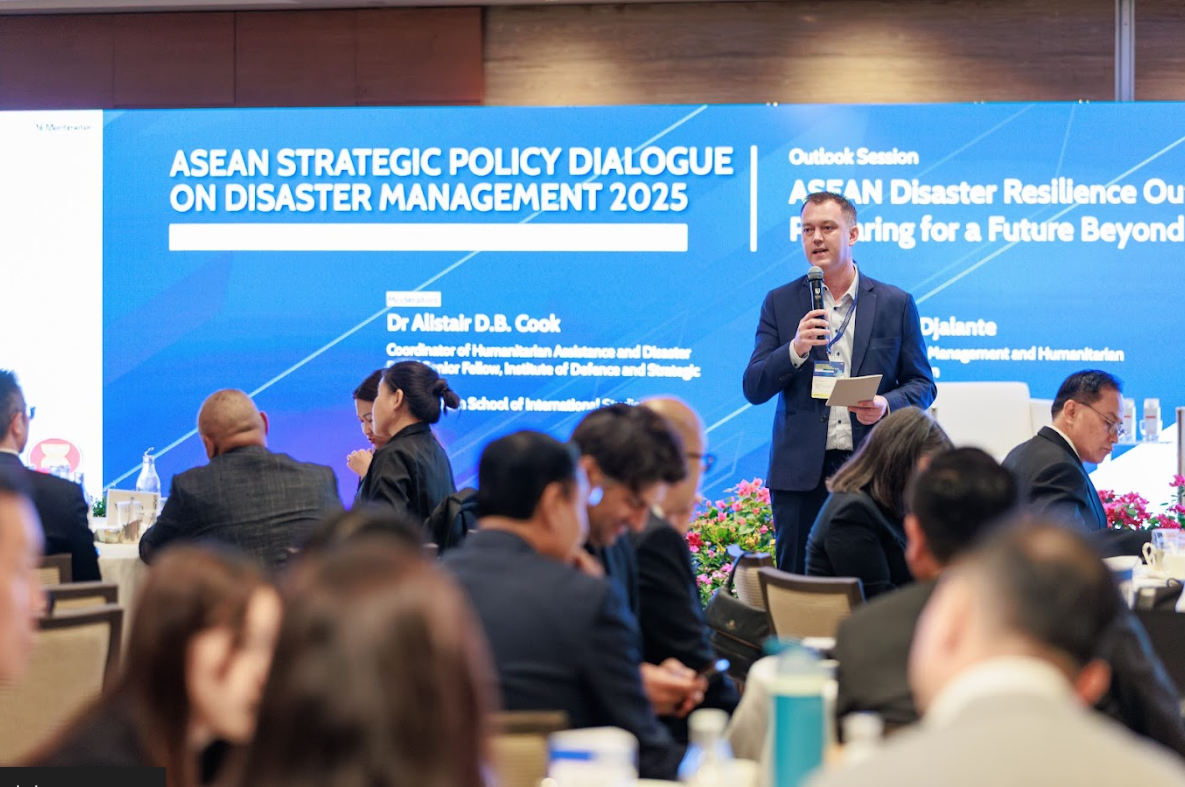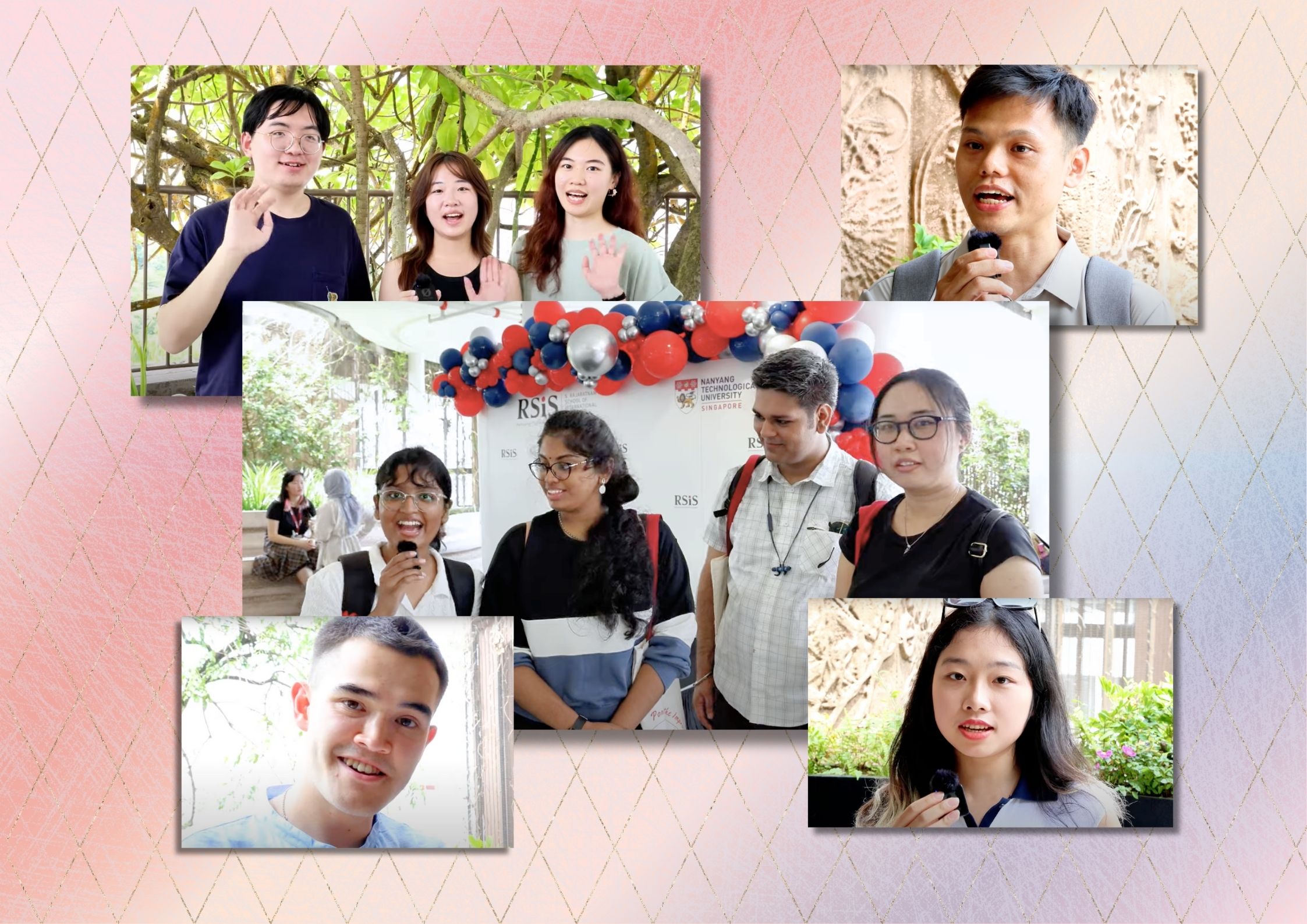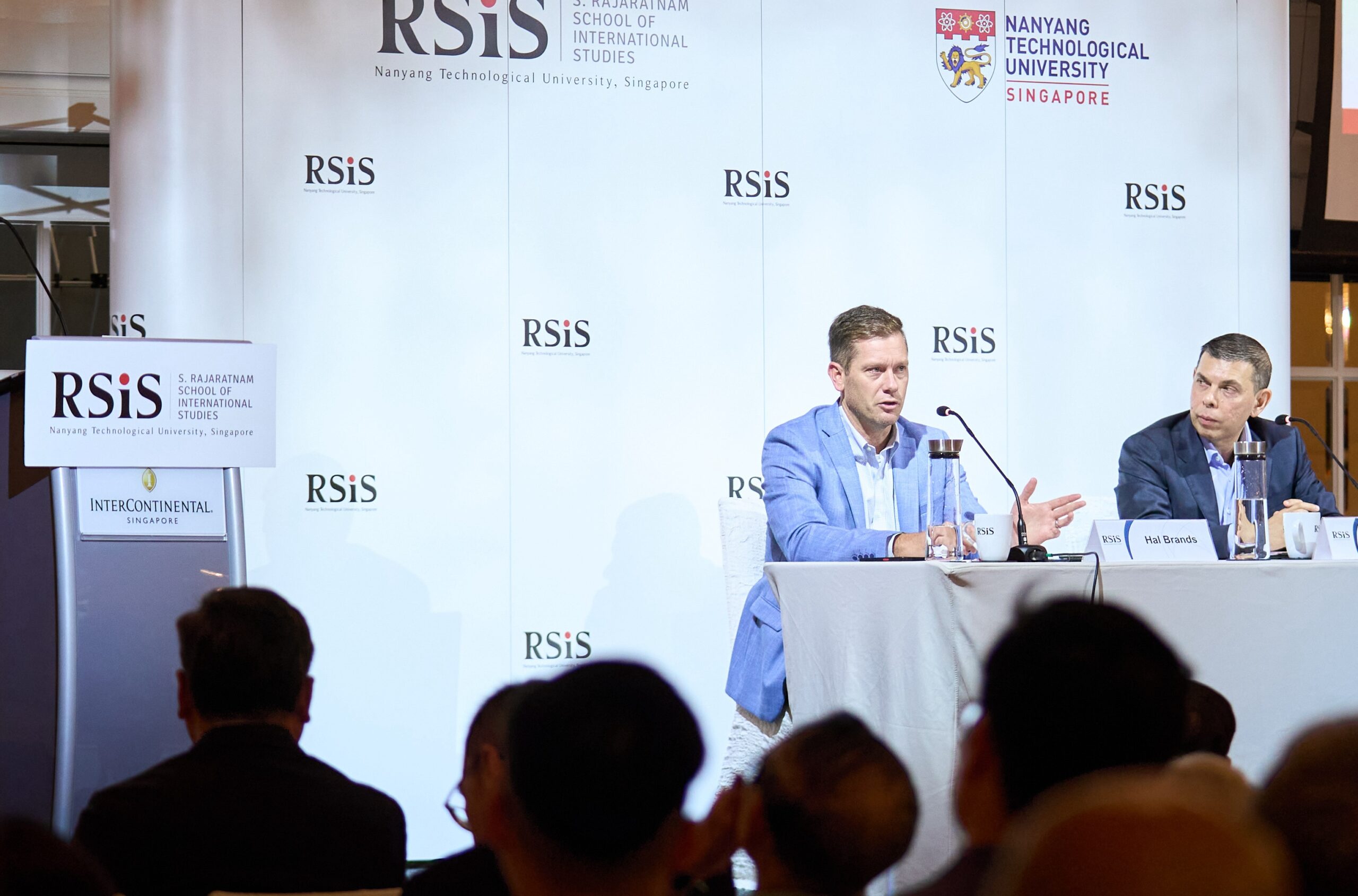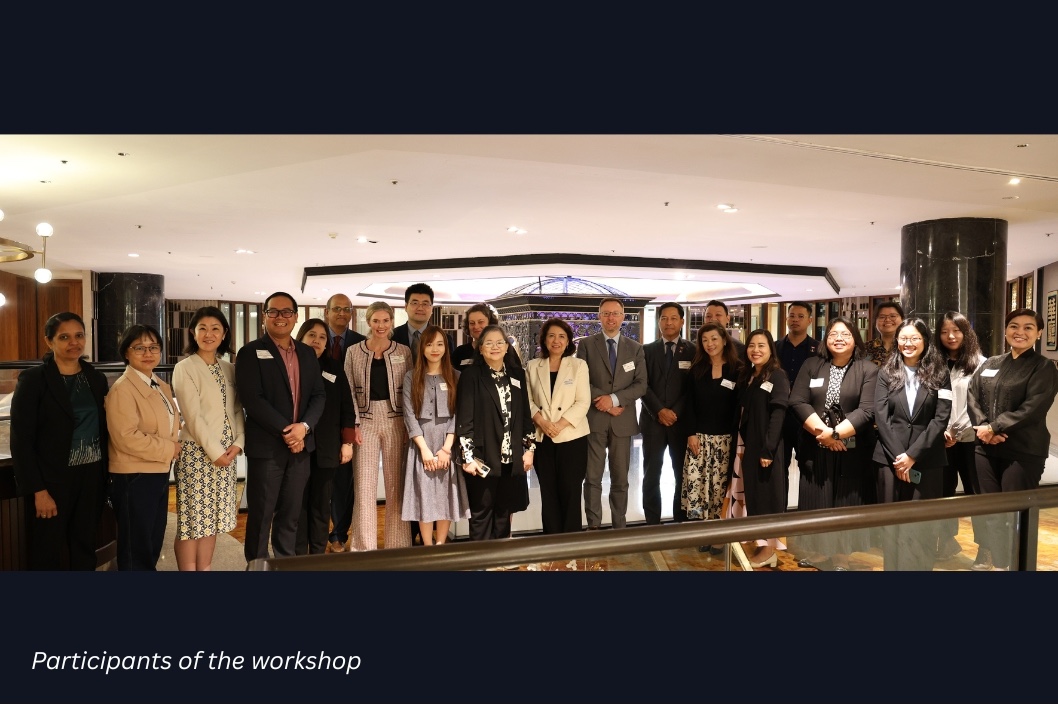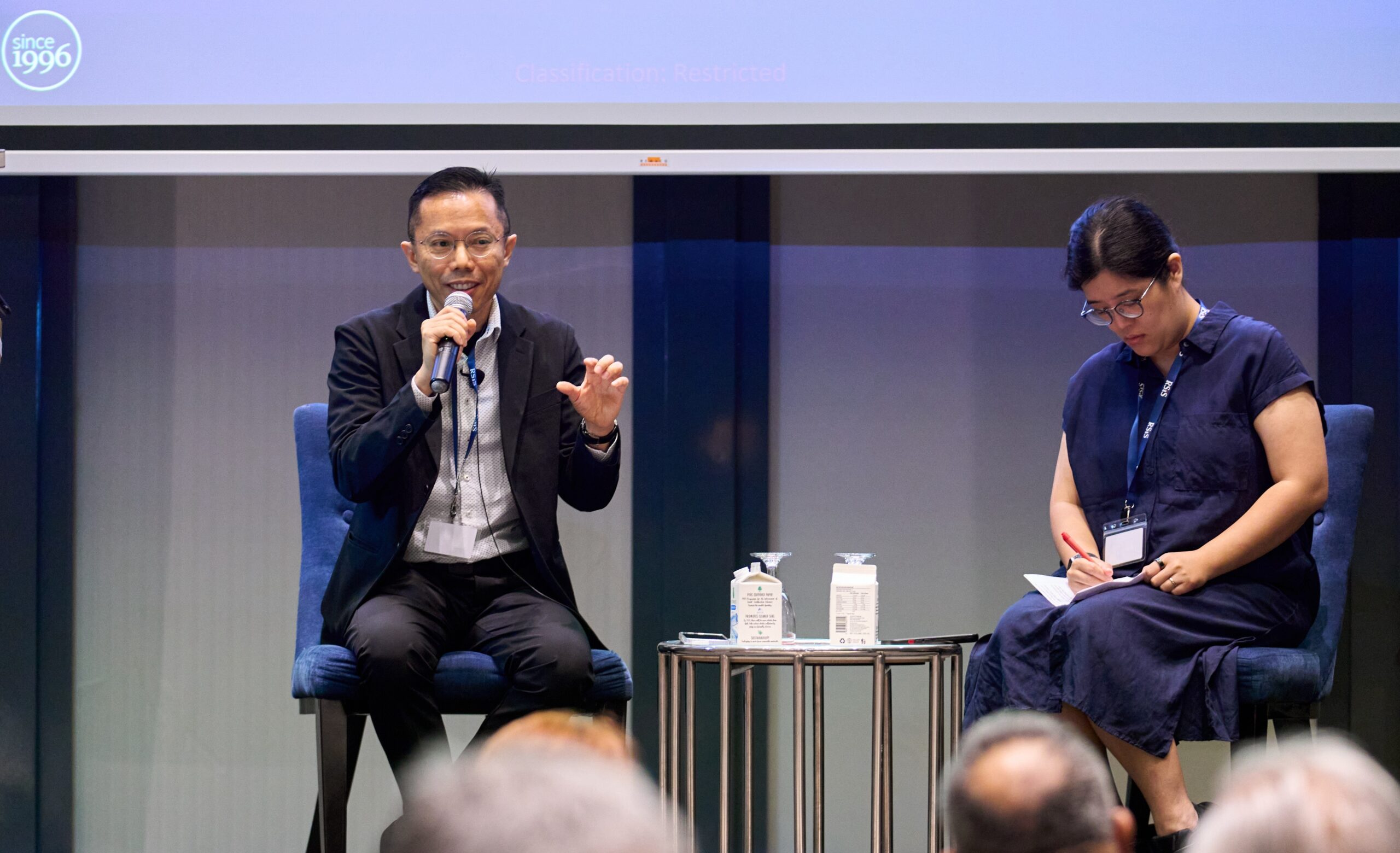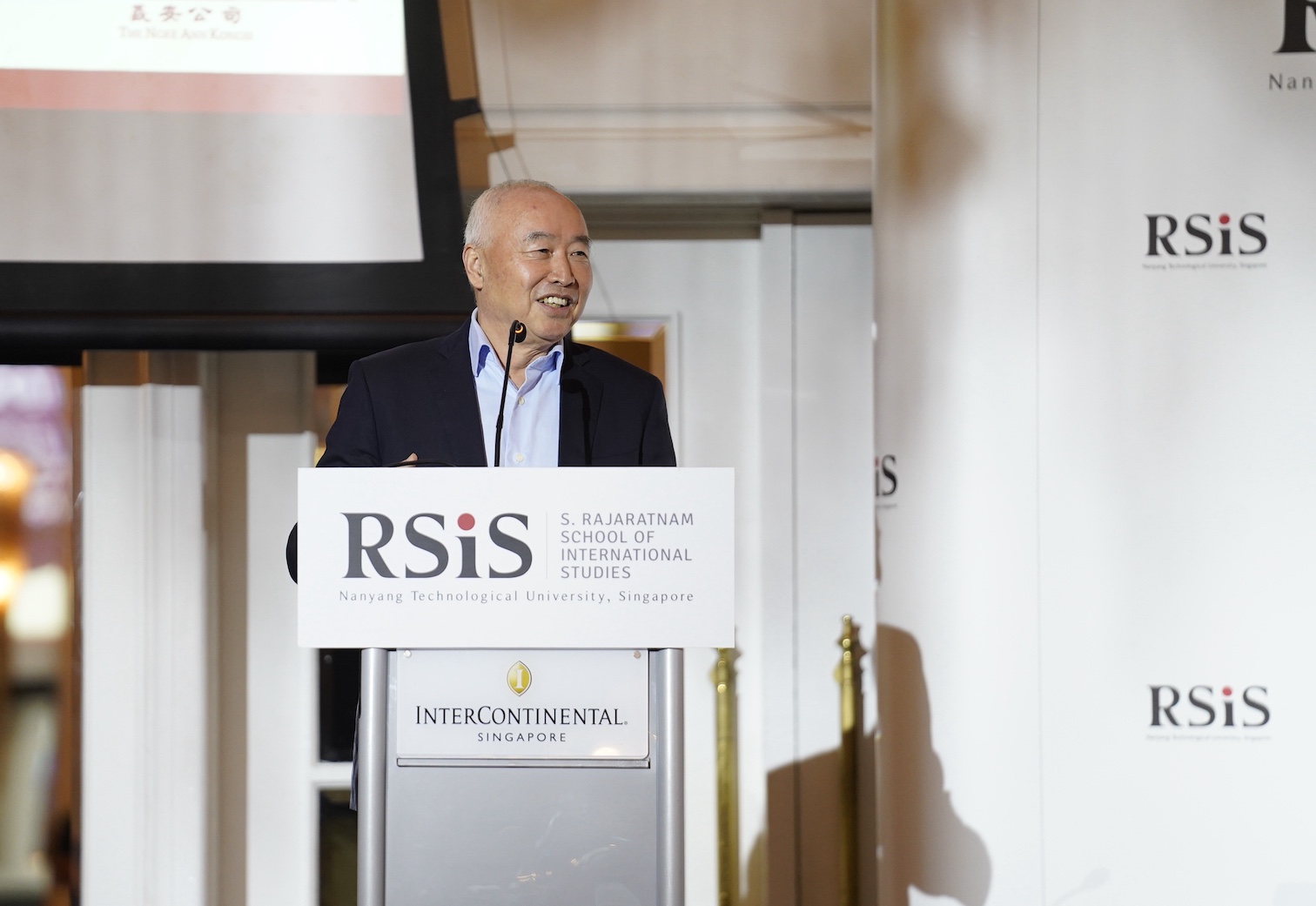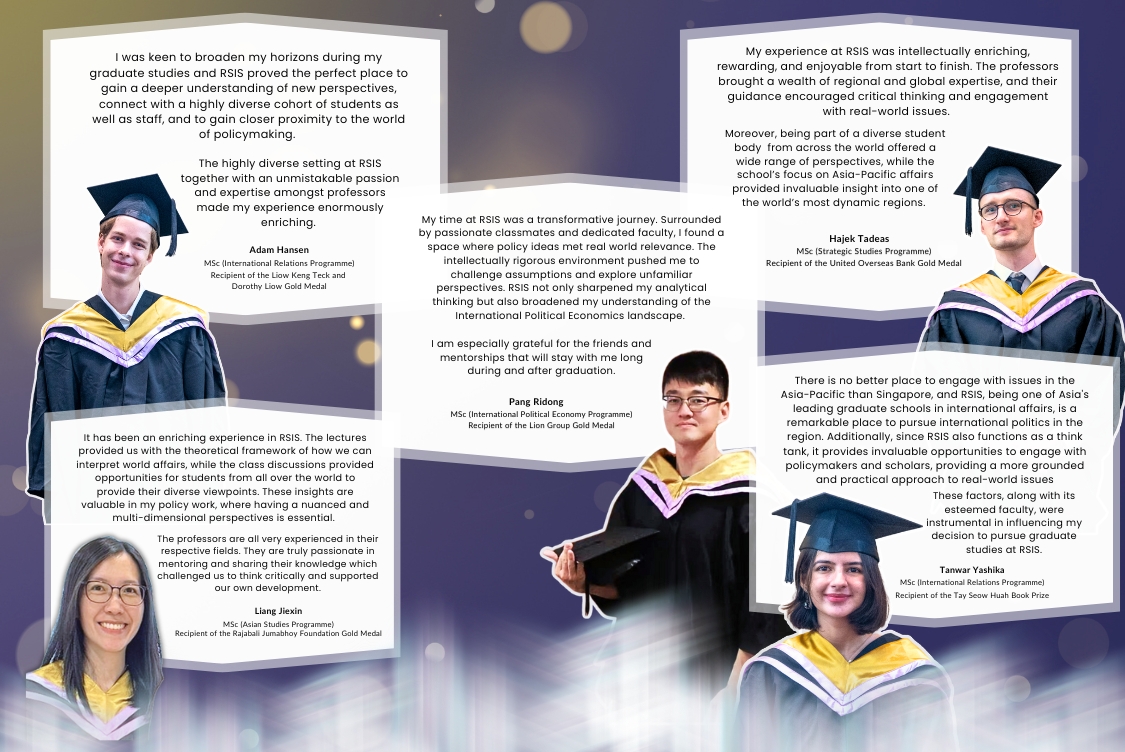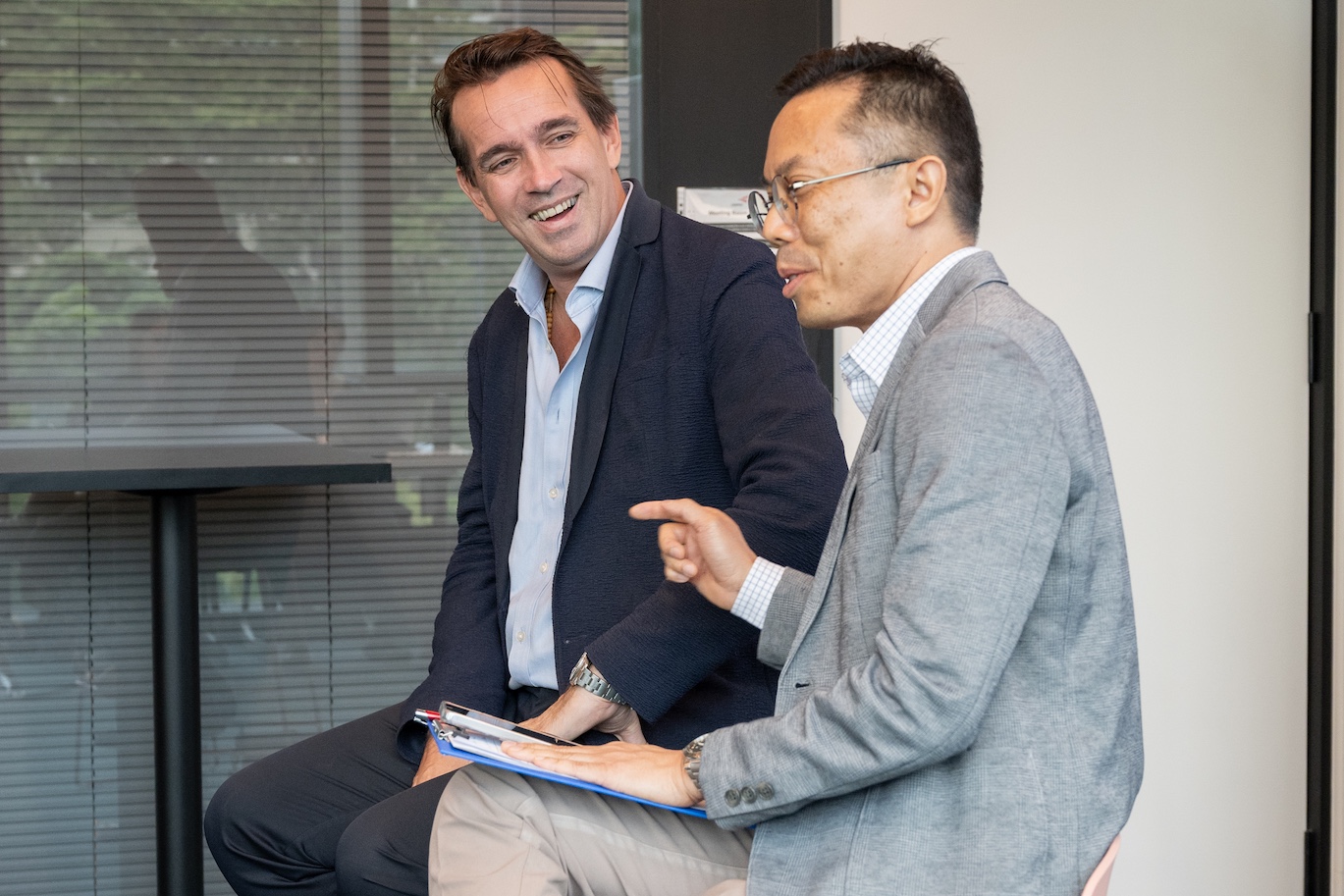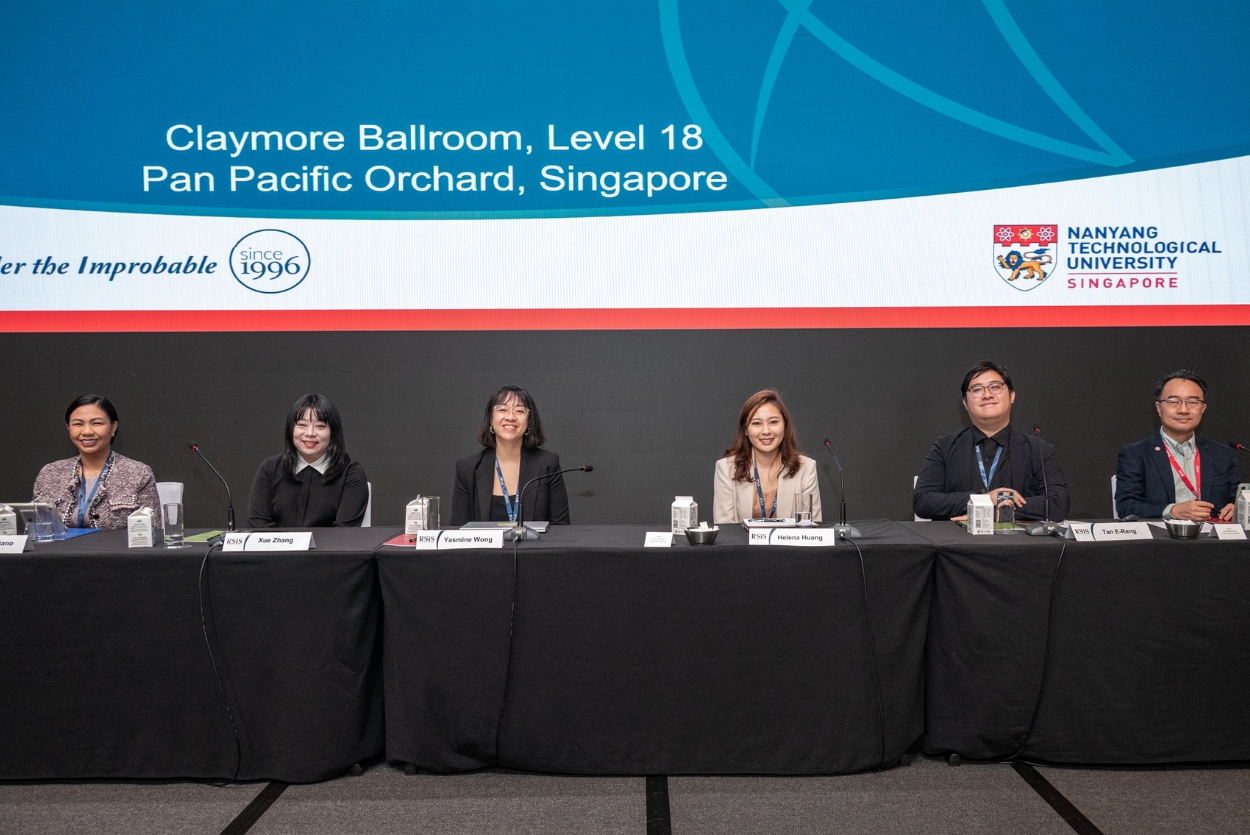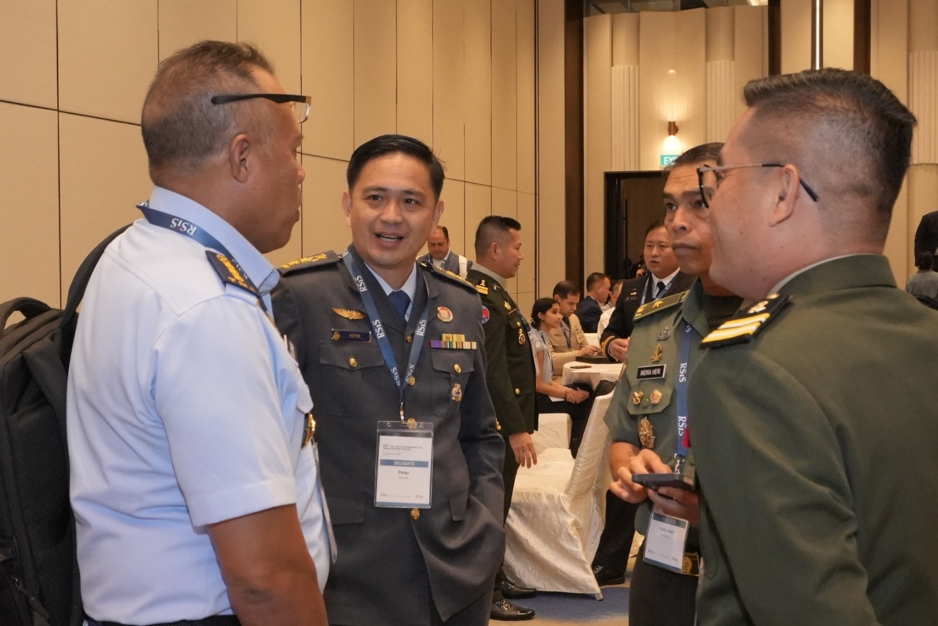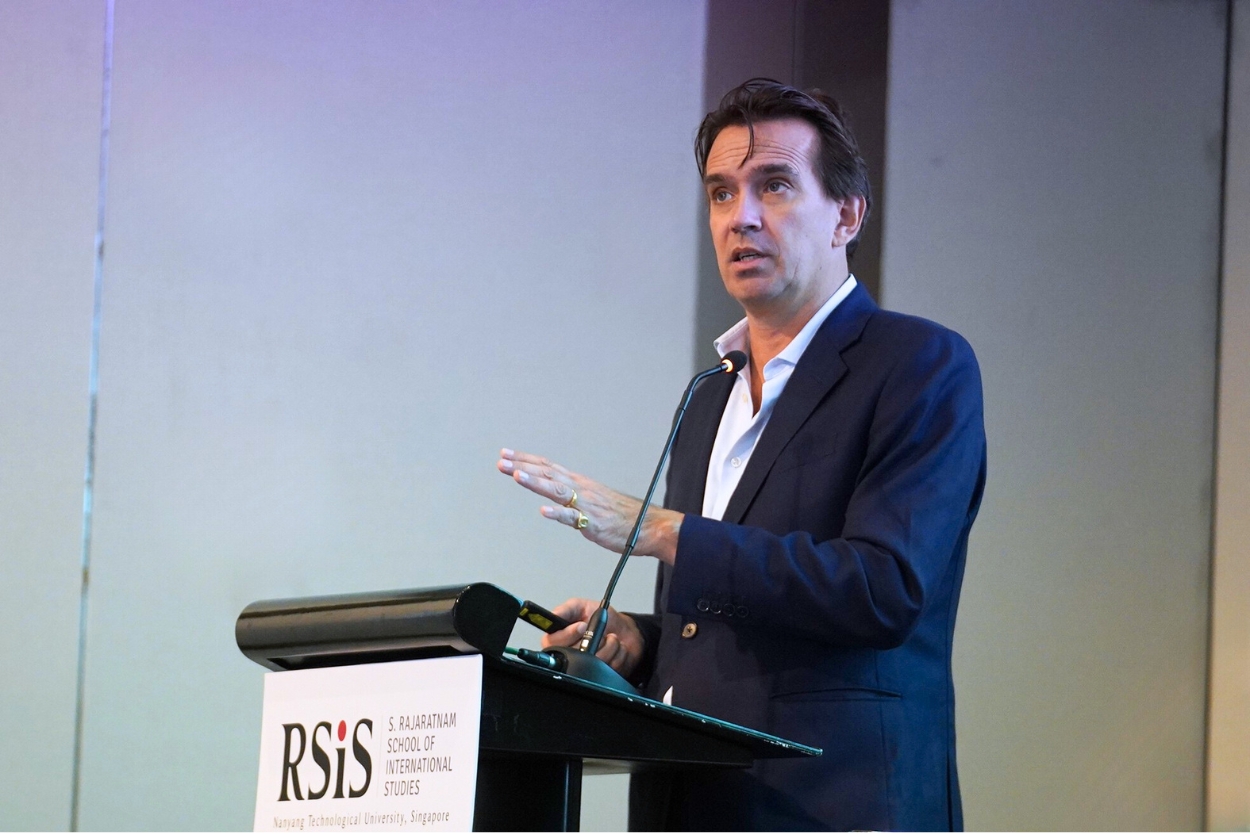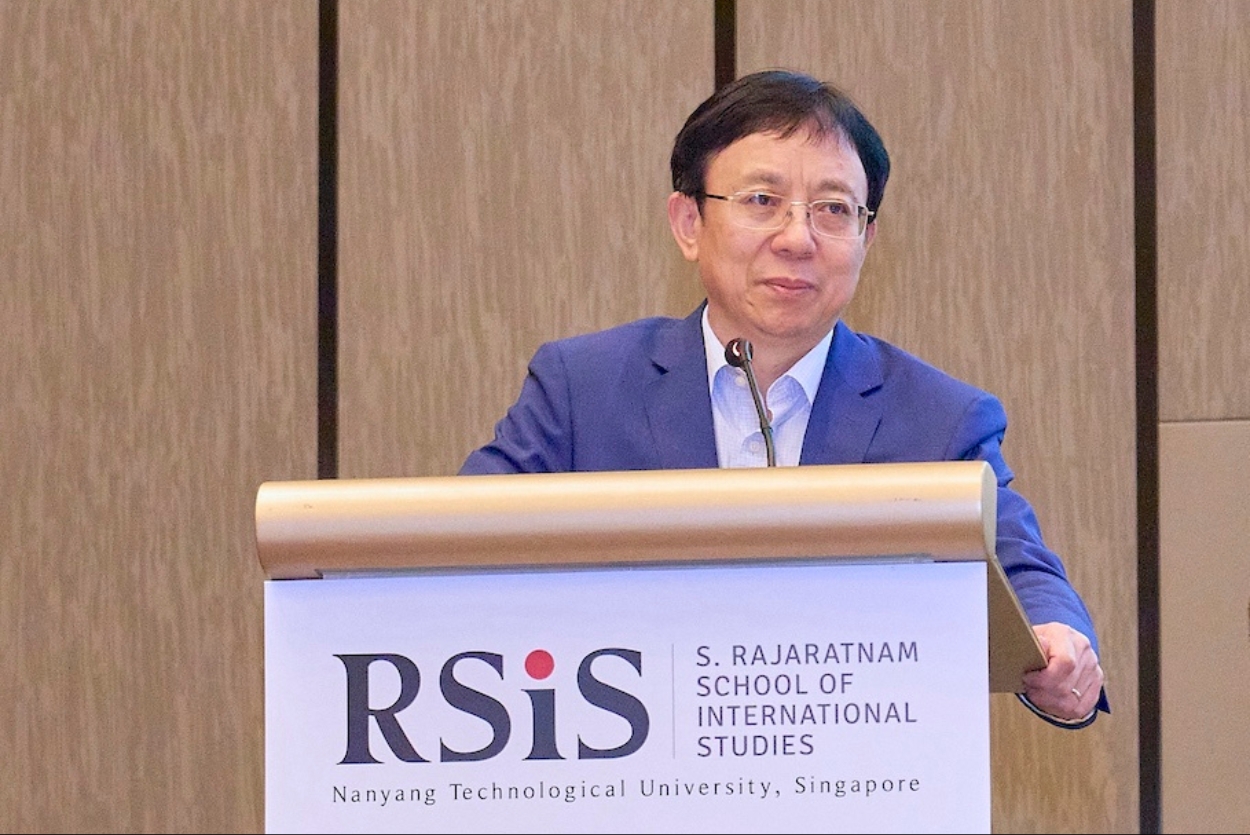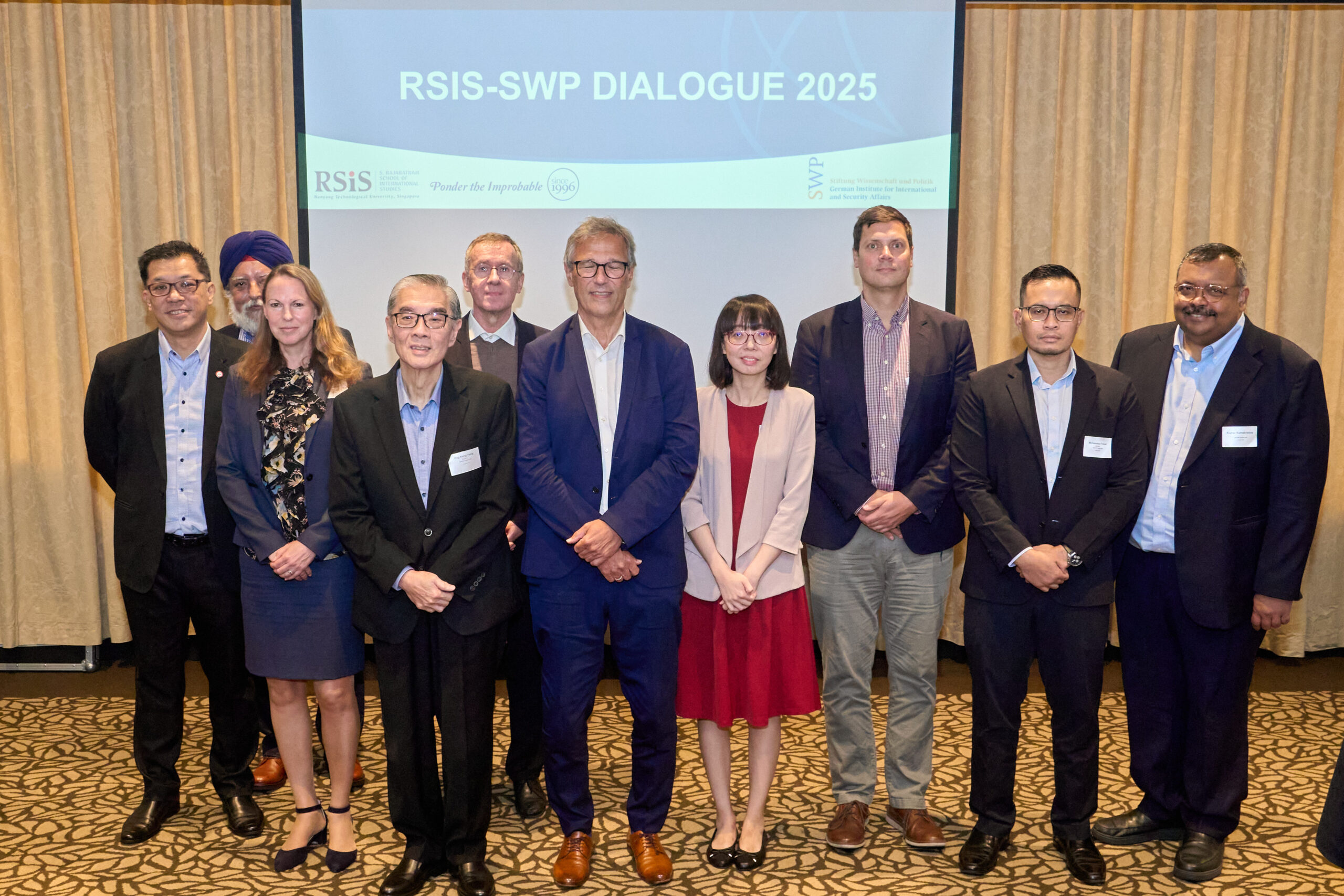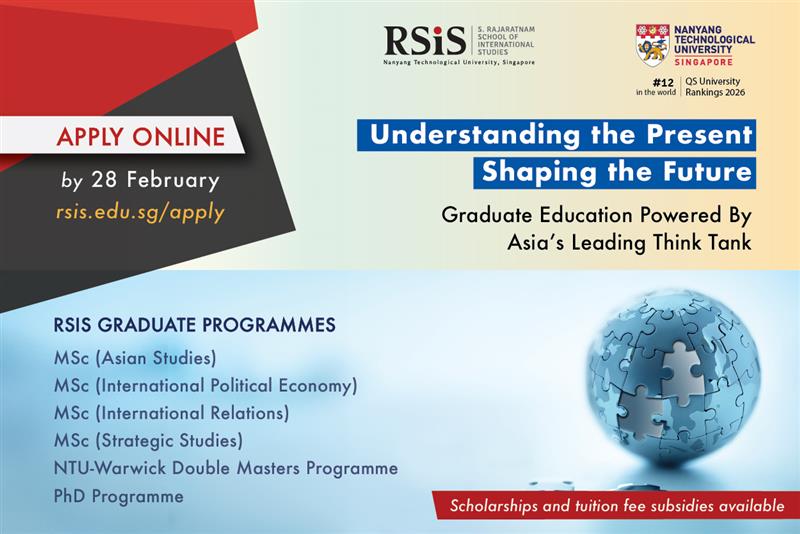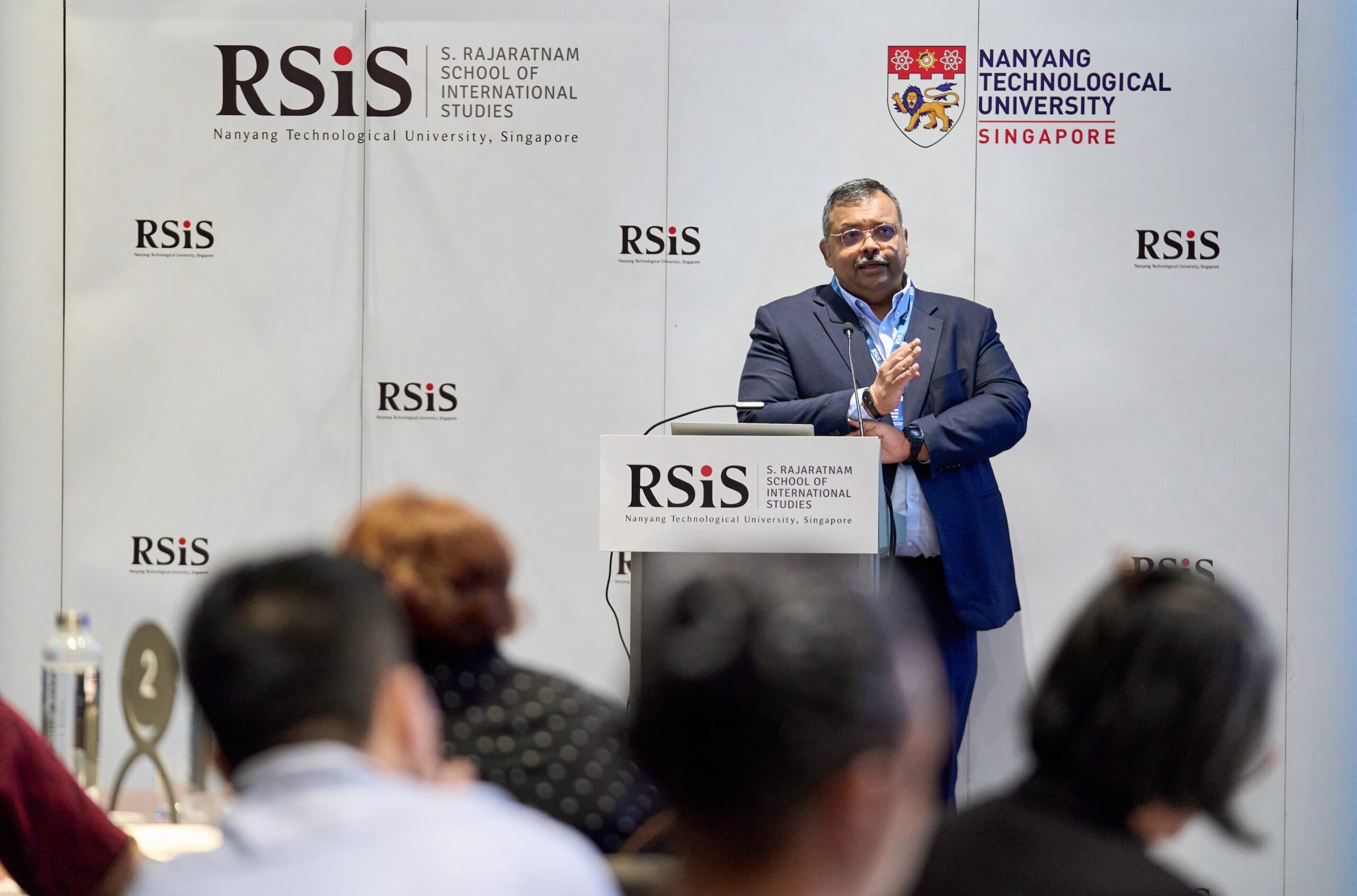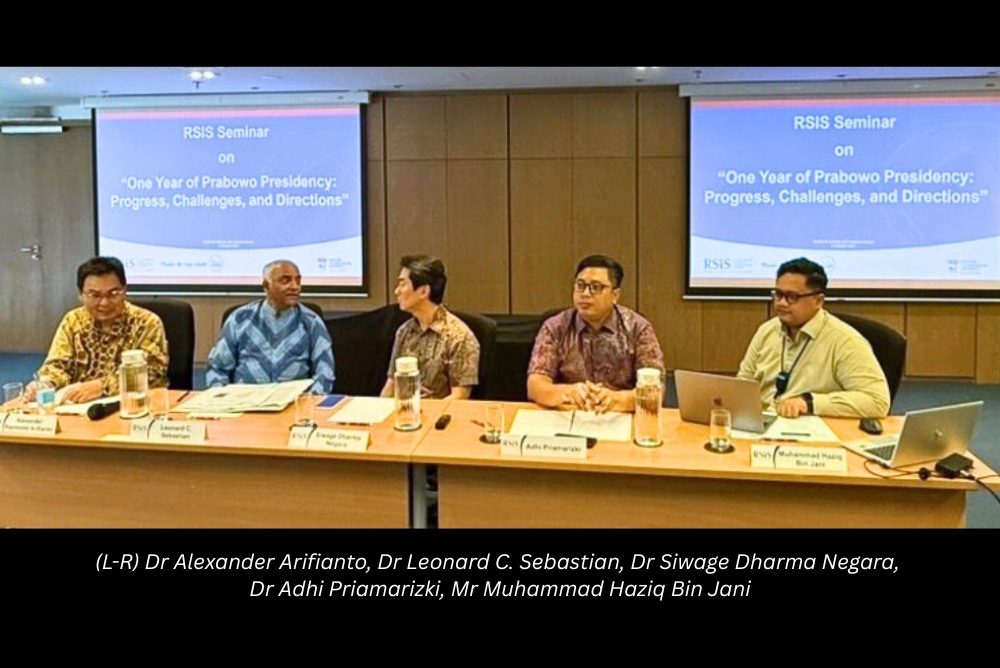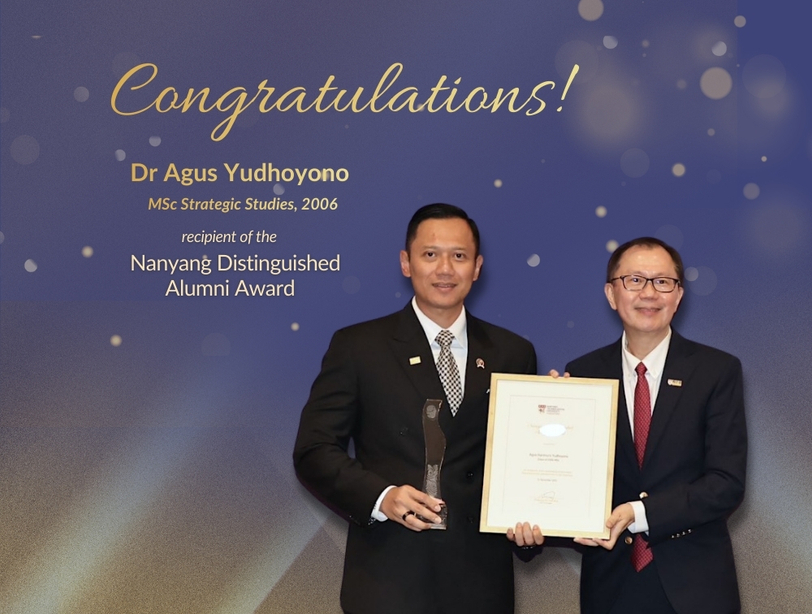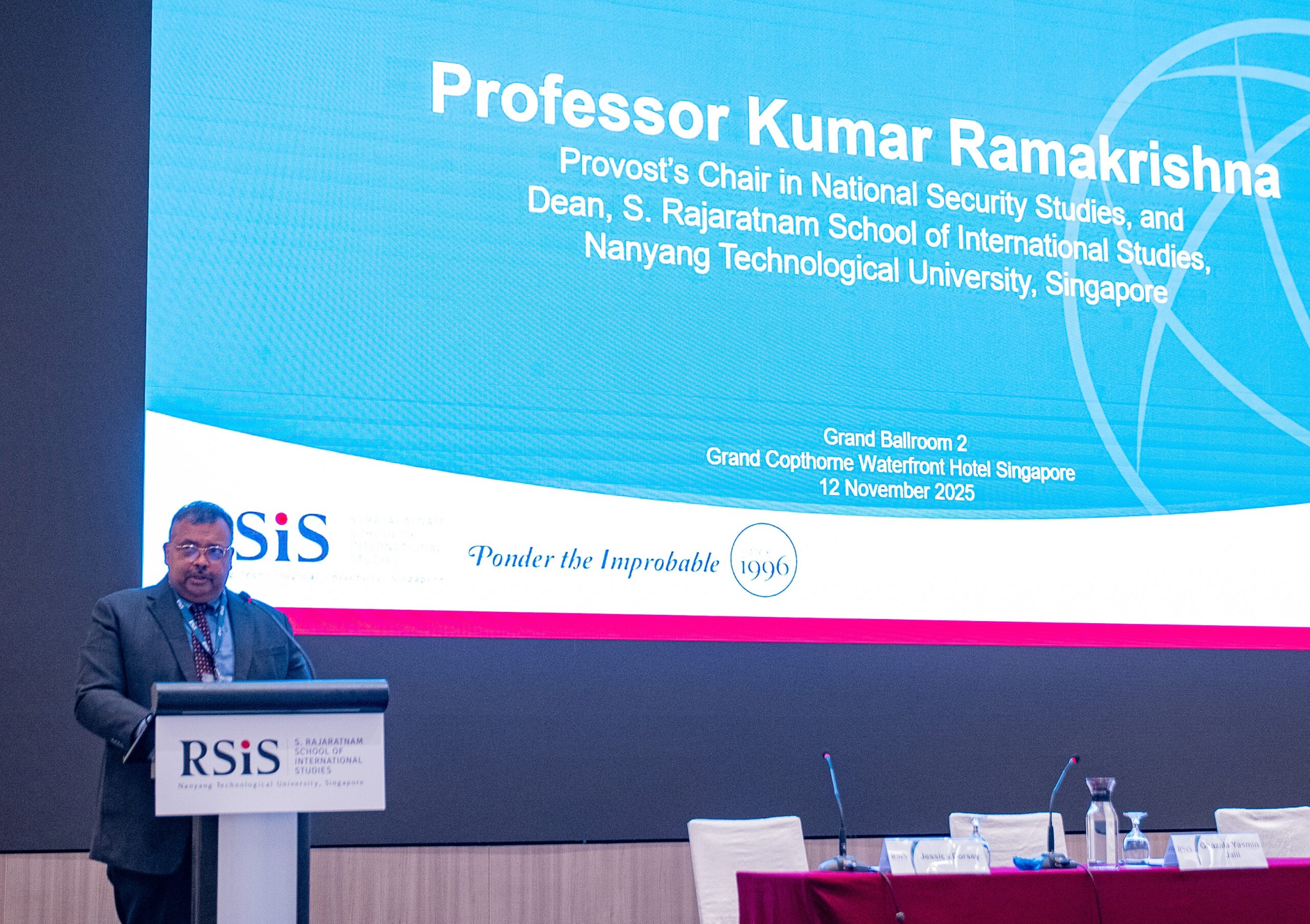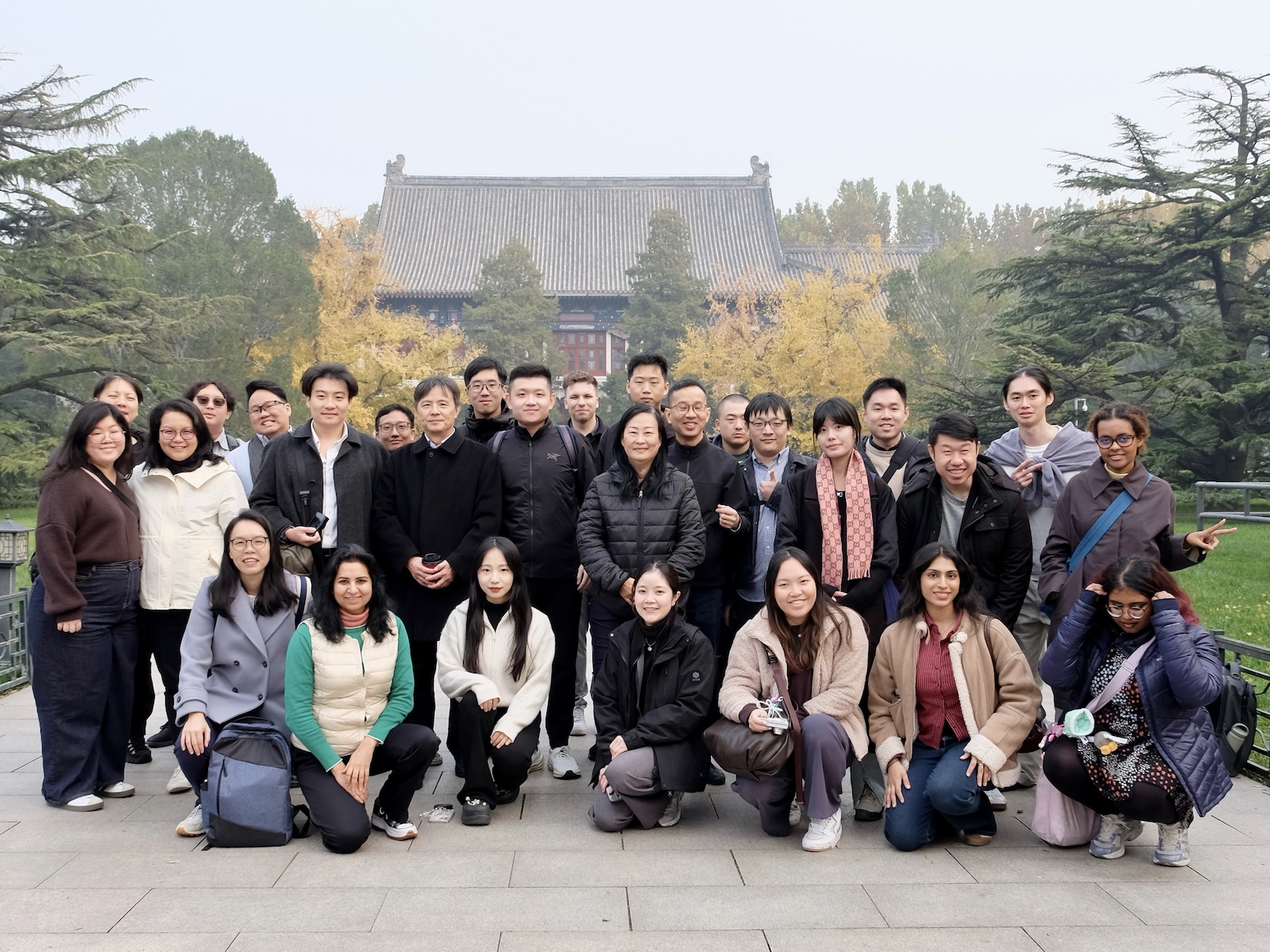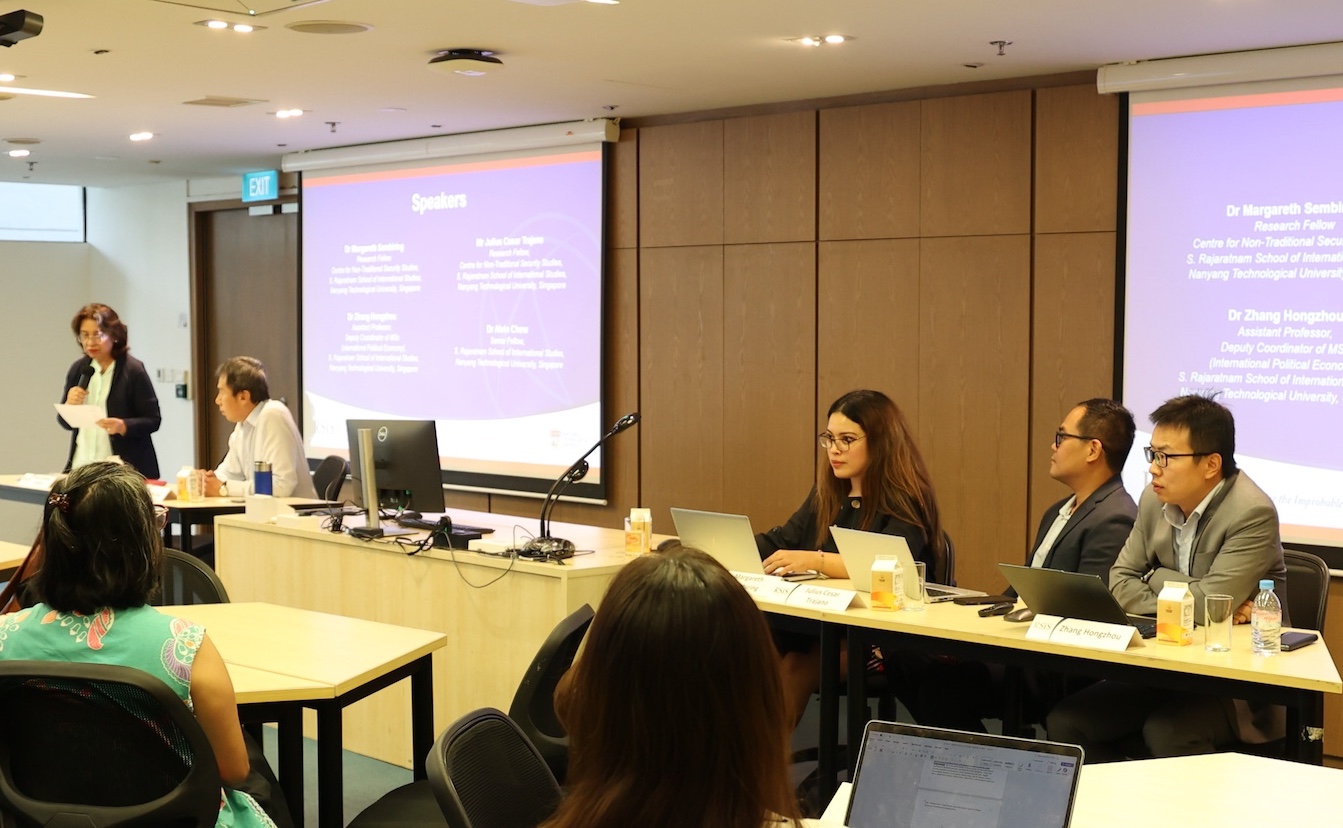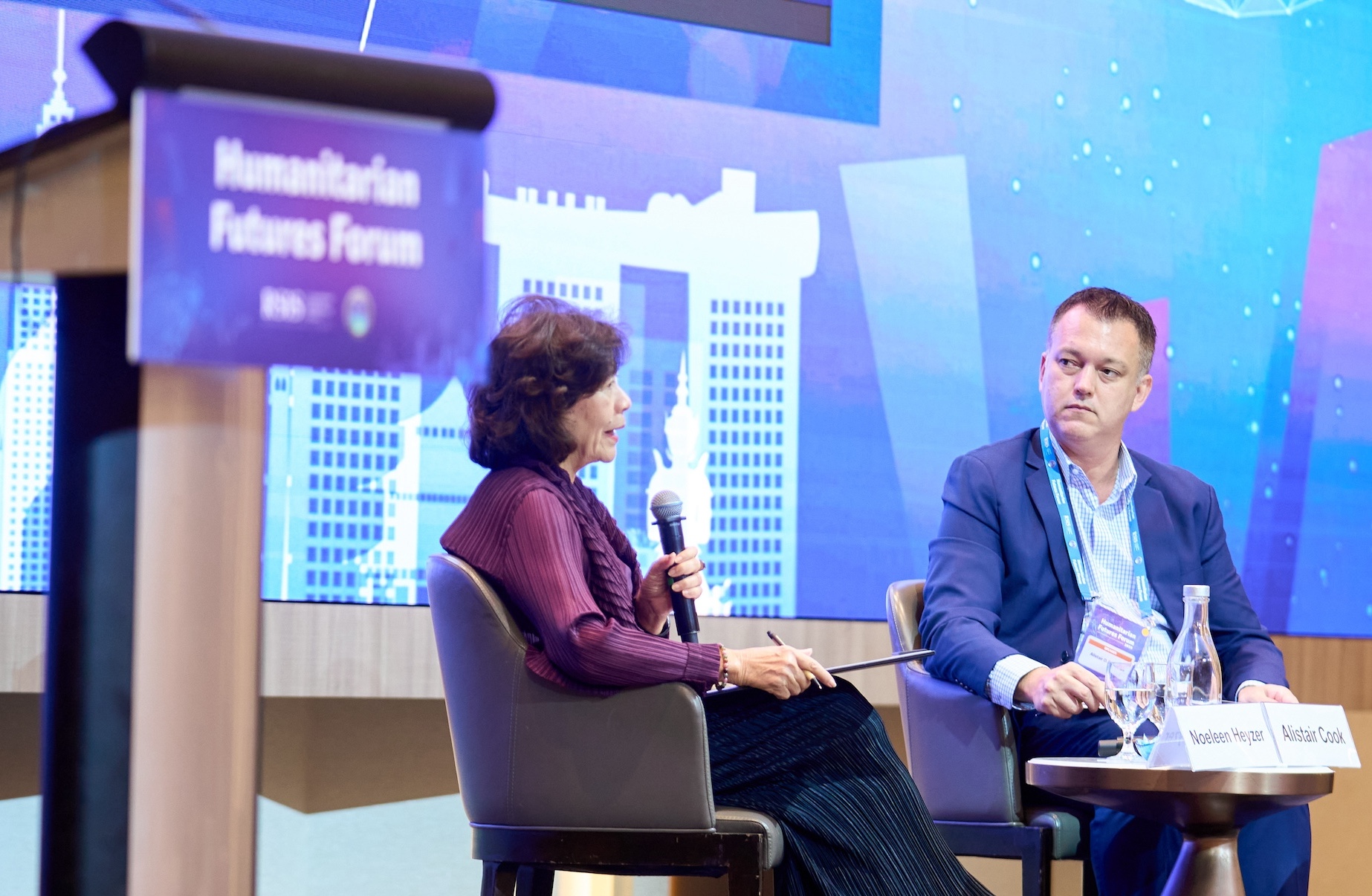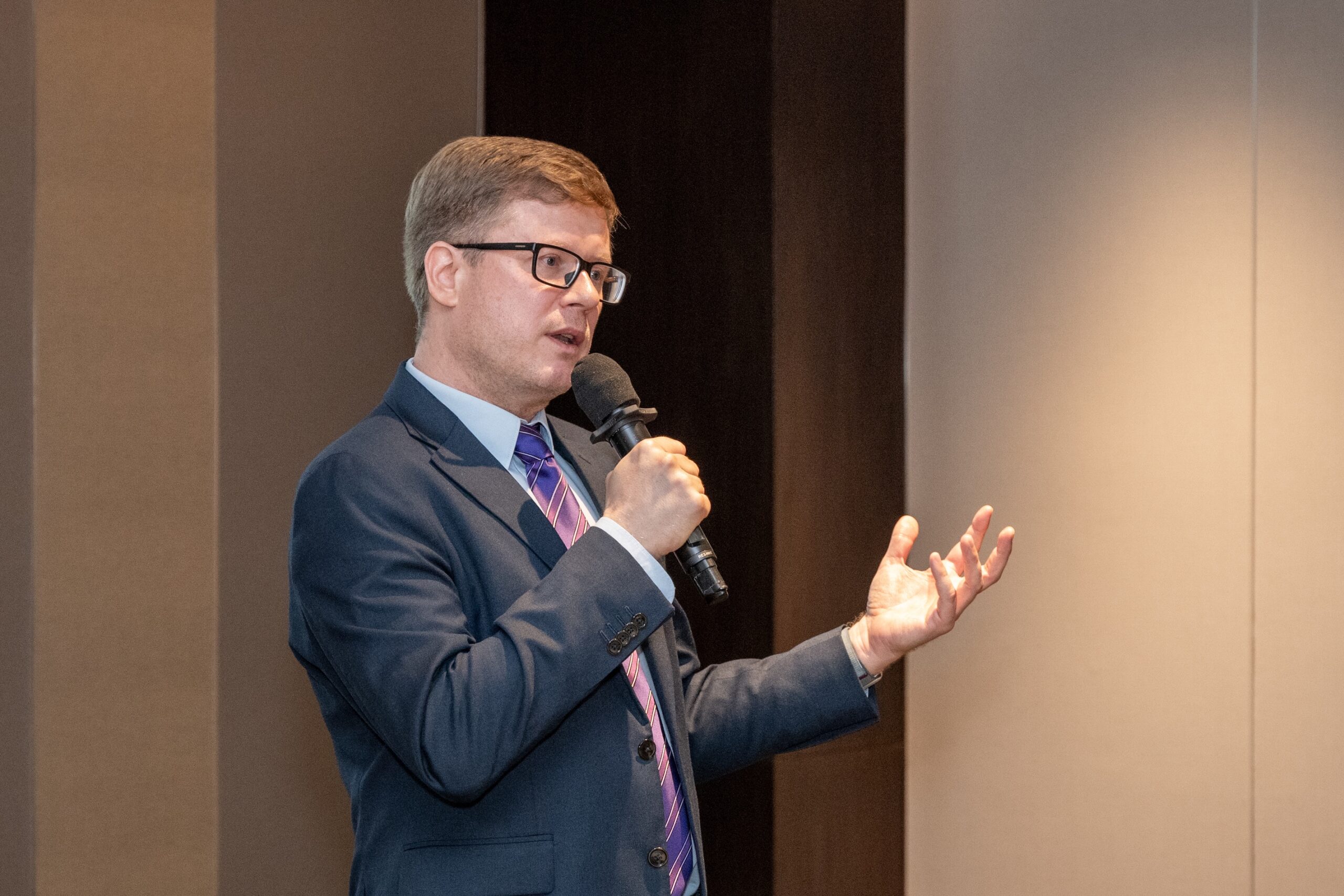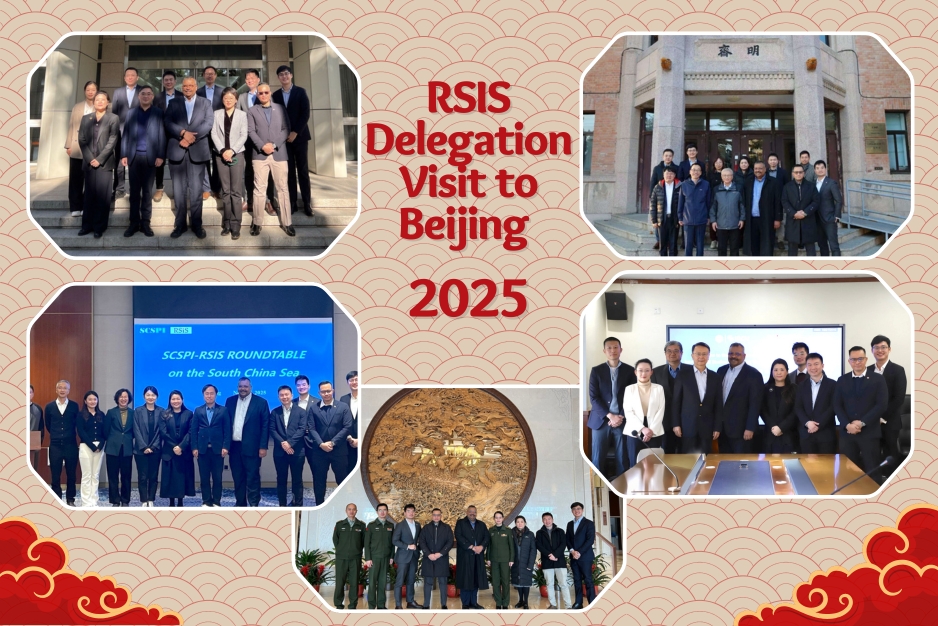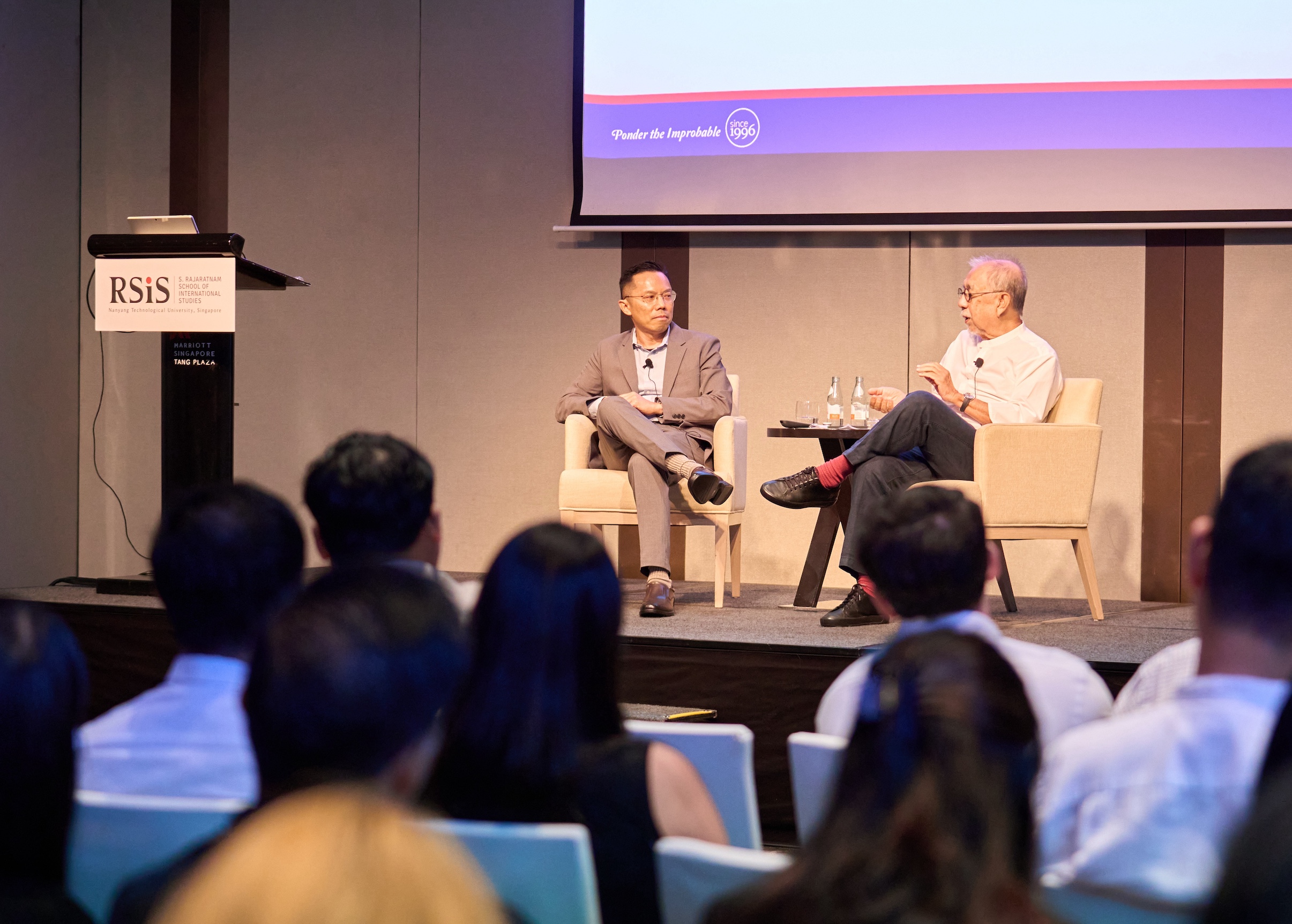

Dr Dirk van der Kley, Visiting Senior Fellow with the Military Transformations Programme (MTP) at RSIS, delivered a seminar on 17 September 2025 titled “Biotechnology and the Future of Warfighting”. Dr van der Kley is the Head of the Genes and Geopolitics Initiative, and Head of the Australia-India Biotech Hub (BiaSPARK) at the Australian National University.
The seminar began with a brief history of biological warfare, tracing its roots from the 12th century and focusing particularly on the use of biological weapons after 1900, with an emphasis on World War II. Major laboratory biosecurity incidents from the past century were also identified and discussed.
Additionally, Dr van der Kley’s presentation highlighted recent developments in biotechnology, such as advances in DNA sequencing and synthesis. He focused on the growing convergence of artificial intelligence (AI) and biotechnology, describing how AI biological design tools can be used to engineer an organism capable of producing explosive chemicals. This then led to a discussion on military sustainability. Militaries currently rely on fossil fuels for warfighting, but the battlefield environment may not guarantee access to them, posing a critical vulnerability. Therefore, biotechnology could be leveraged to fill this logistical gap. For example, a microbe could be engineered with gene-editing technology and grown in a bioreactor to produce explosive chemicals, thereby sustaining warfighting efforts.
The seminar also discussed the advantages and disadvantages of bioweapons, including their potential for covert release and immediate localised impact, as well as the possibility that their use may fall below the threshold of war.
Dr van der Kley’s remarks also focused on the competition between the United States and China in biotechnology. He highlighted that the United States currently leads in overall biotechnology tools, though China may have an edge in DNA sequencing and synthesis. Looking ahead, China could lead in drug design within the next five years, although the United States maintains an advantage in drug purchasing and market control. Finally, he noted that China’s proactive exploration of bio-based alternatives, which aims to reduce fossil fuel dependency, could position it as a leader in this area.
During the Q&A segment, Dr van der Kley addressed the risks of biotechnology in warfare. He warned that allowing the private sector to lead the governance of military biotechnology applications posed a significant risk. He suggested that existing international regulations, such as the Biological Weapons Convention, may be insufficient to mitigate the challenges posed by modern biotechnology.




